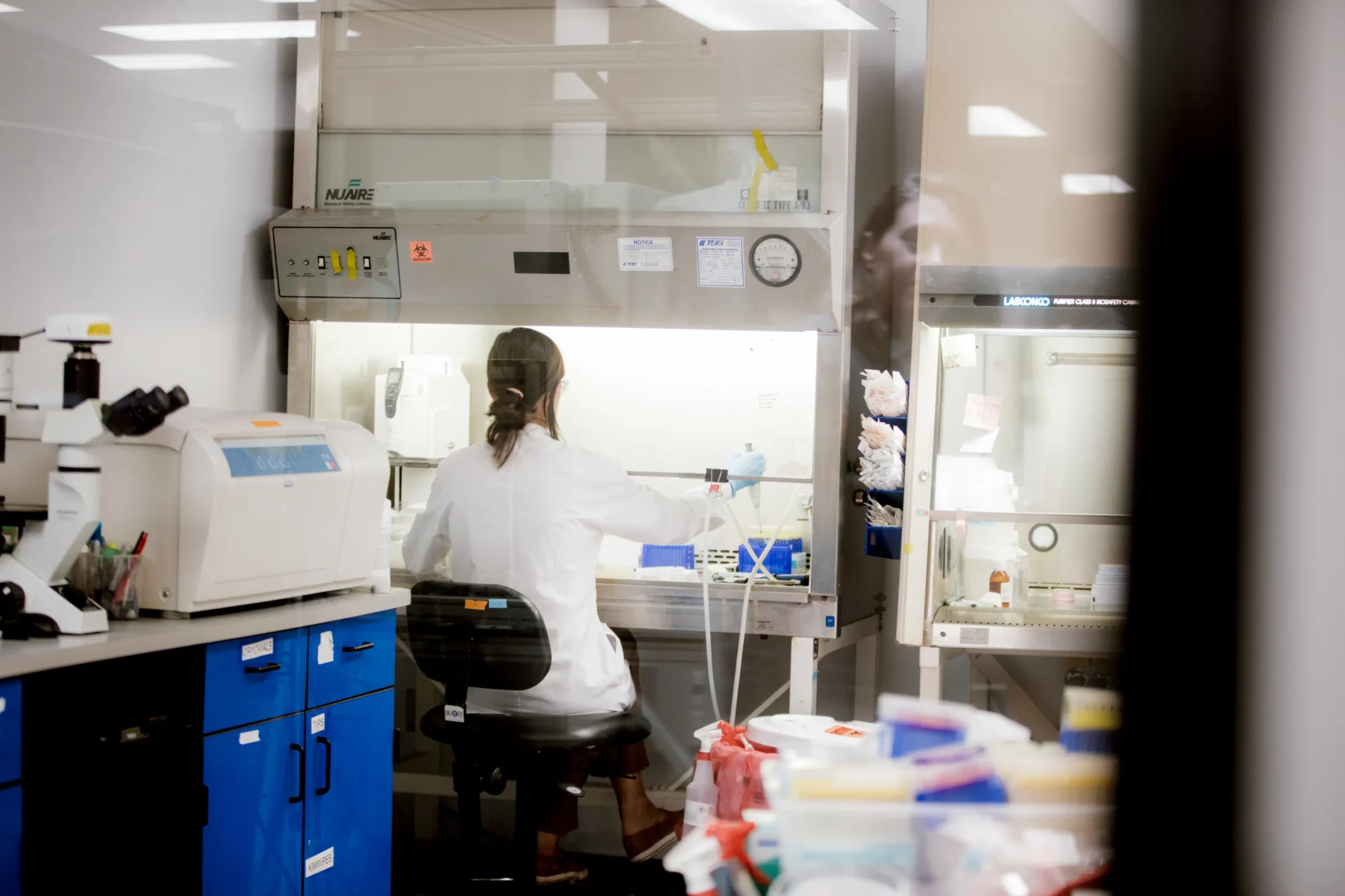Showing 49 of 49 Results
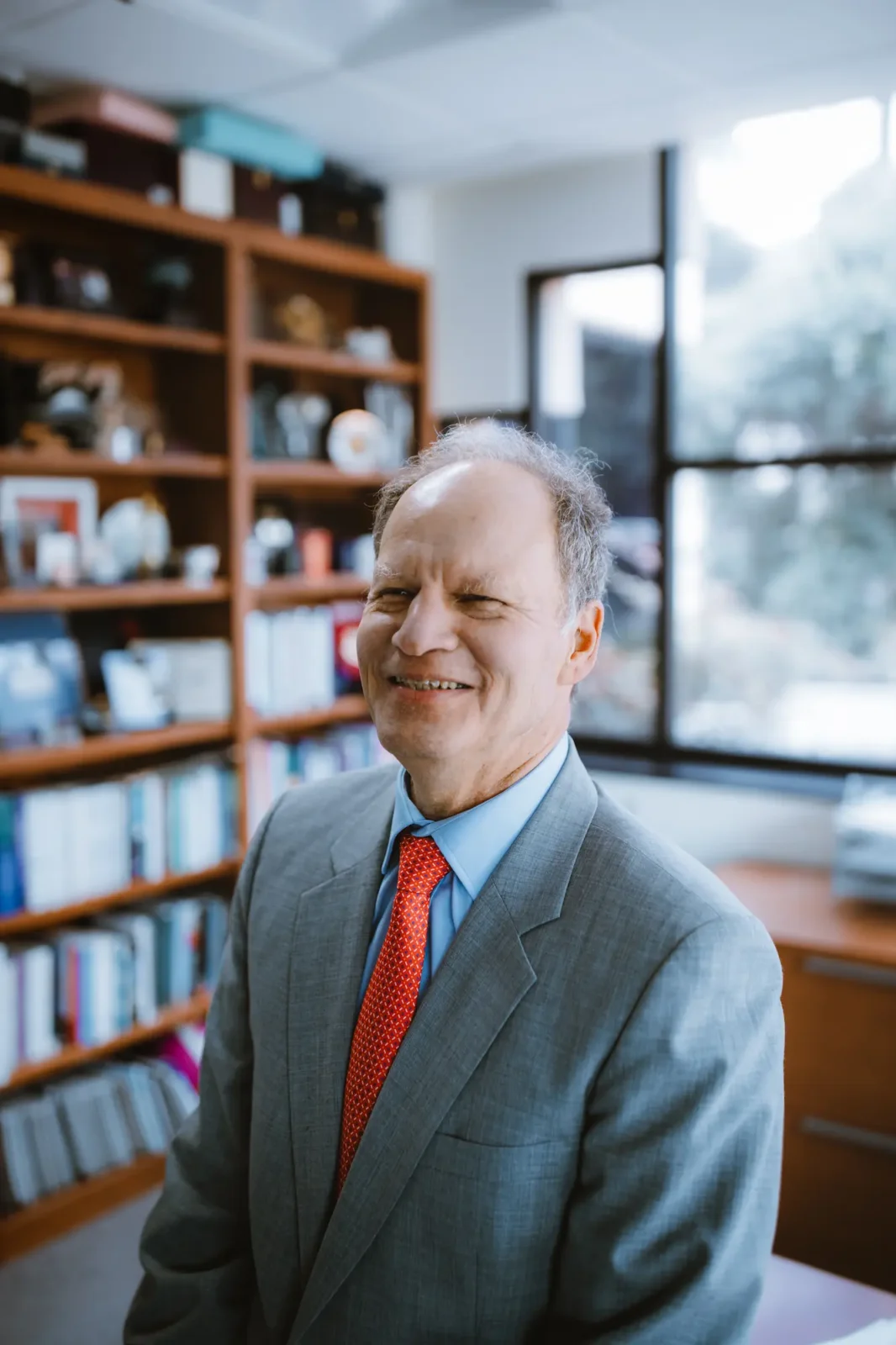
David A. Brenner MD
President and Chief Executive Officer
Donald Bren Chief Executive Chair
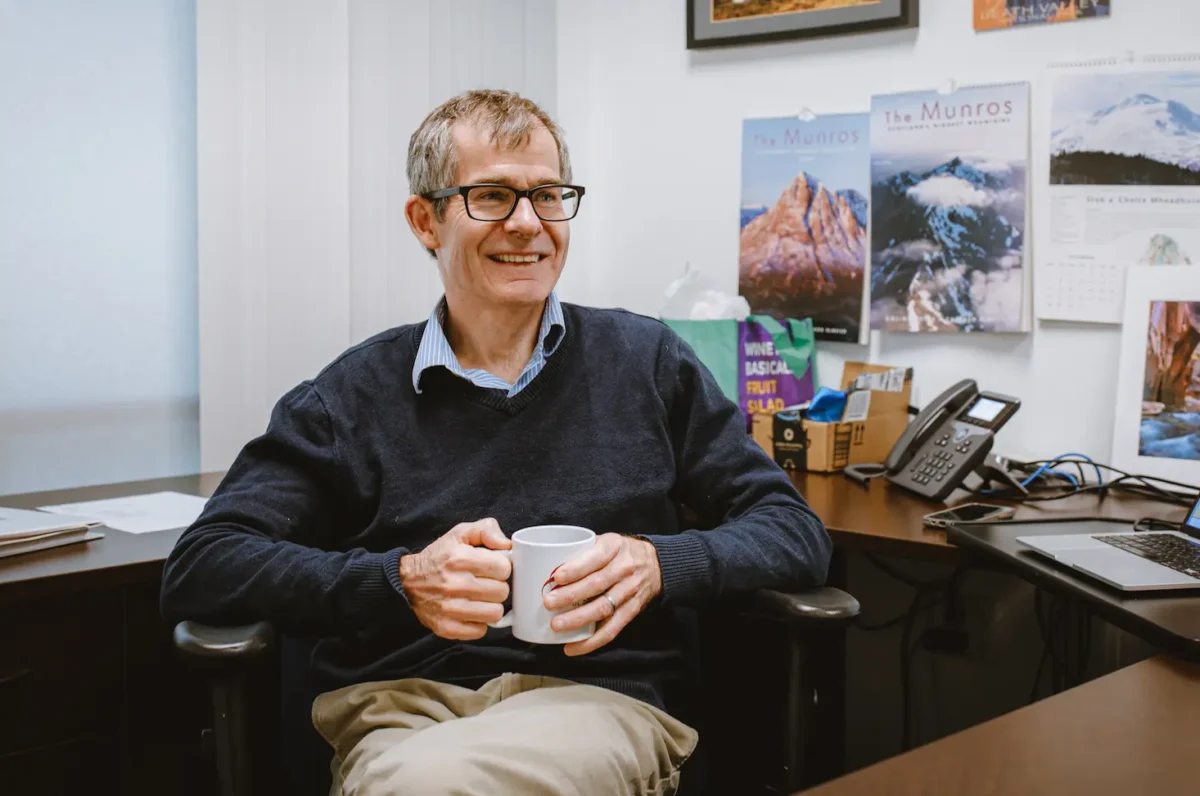
Peter D. Adams PhD
Director and ProfessorCancer Genome and Epigenetics Program
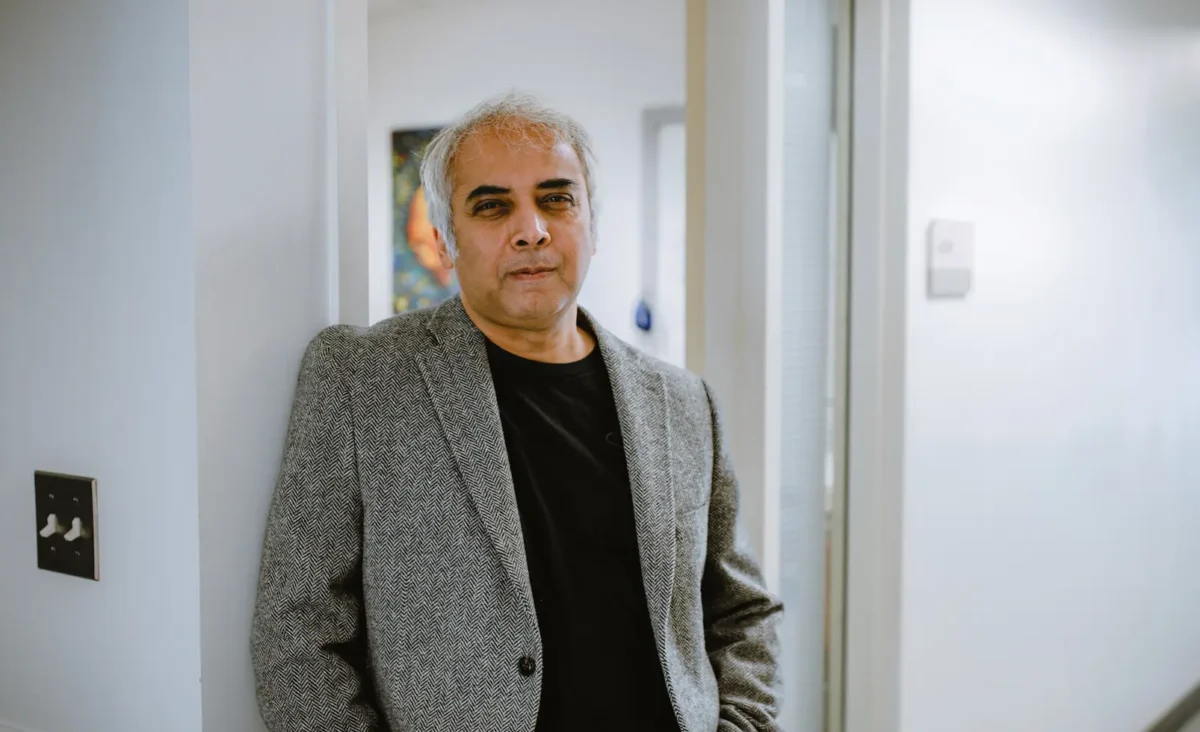
Anindya Bagchi PhD
Associate ProfessorCancer Genome and Epigenetics Program
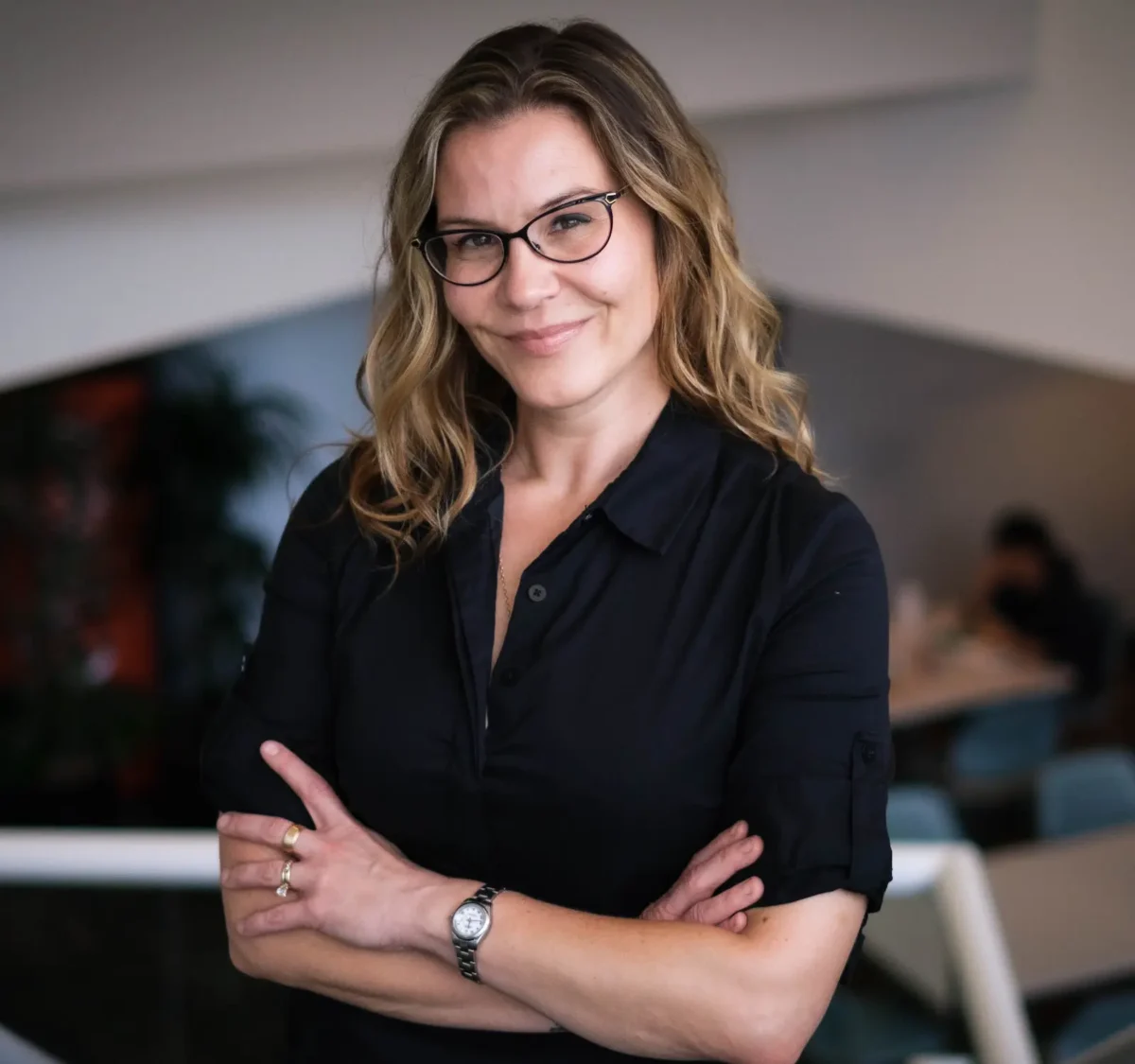
Victoria Blaho PhD
Assistant ProfessorCancer Metabolism and Microenvironment Program
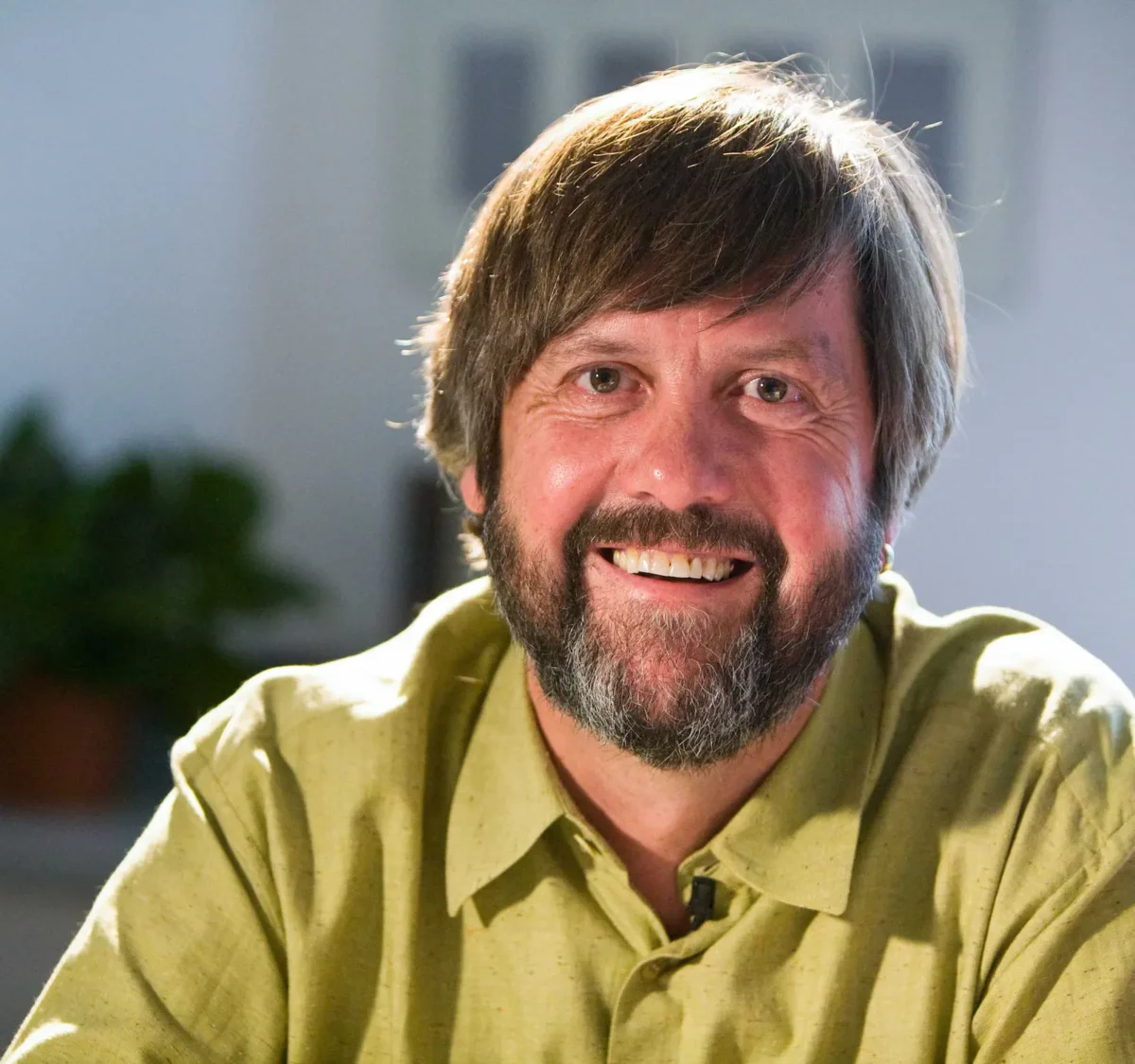
Rolf Bodmer PhD
Full Bio
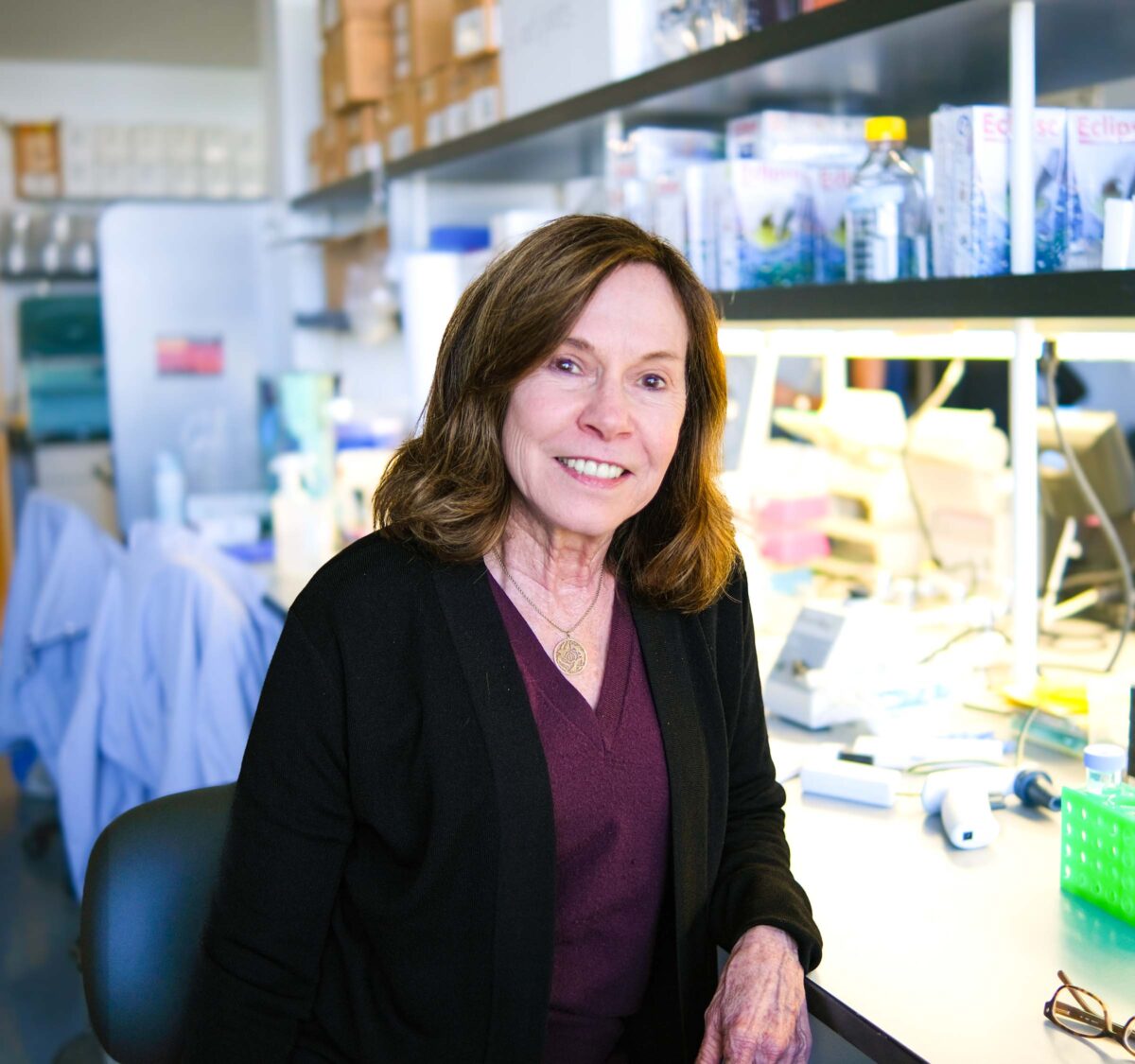
Linda Bradley PhD
Faculty AdvisorPostdoctoral Training
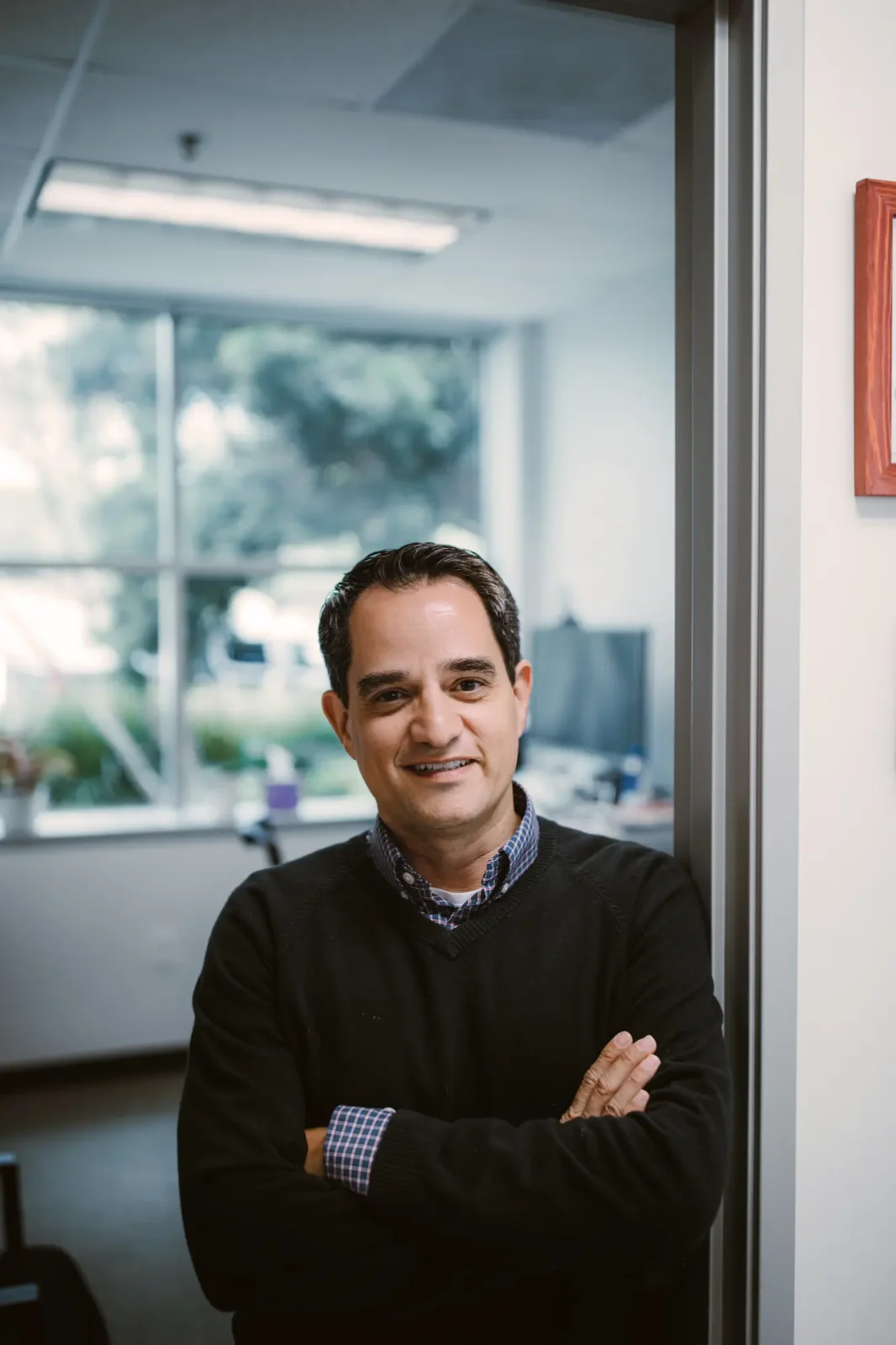
Lukas Chavez PhD
Associate ProfessorCancer Genome and Epigenetics Program
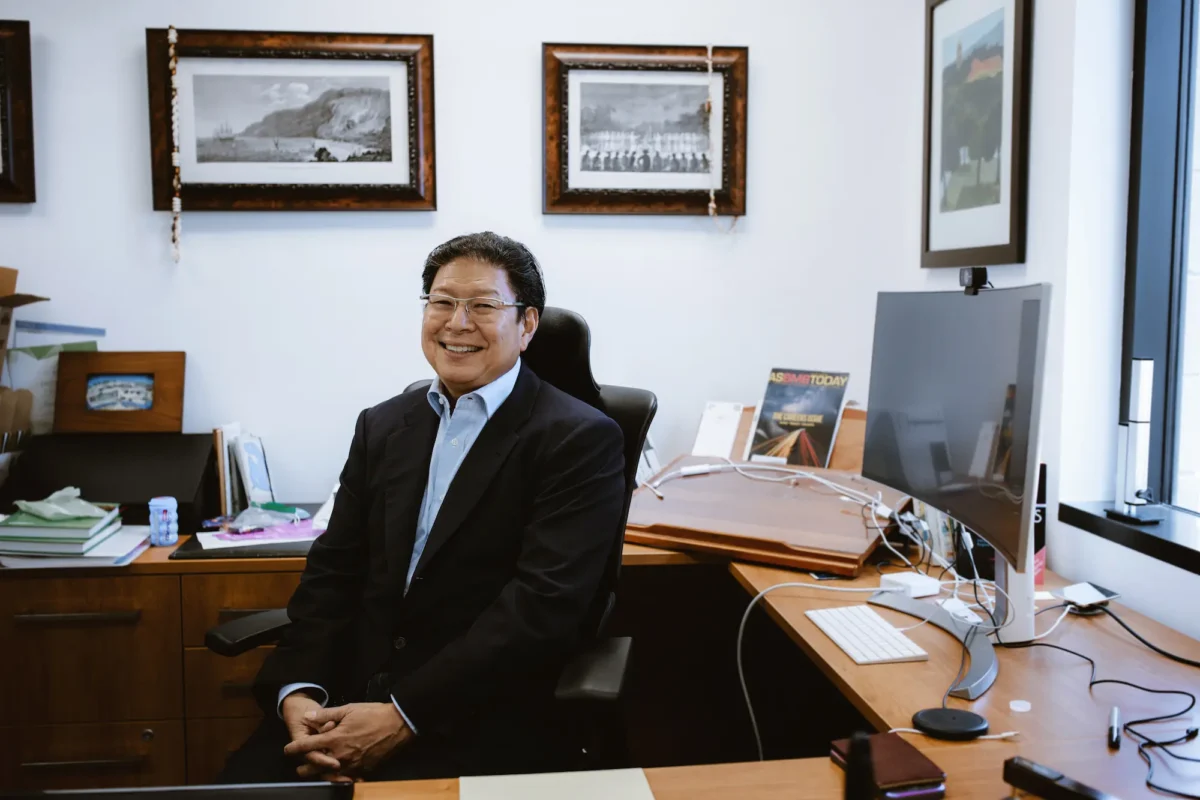
Jerold Chun MD, PhD
ProfessorCenter for Neurologic Diseases
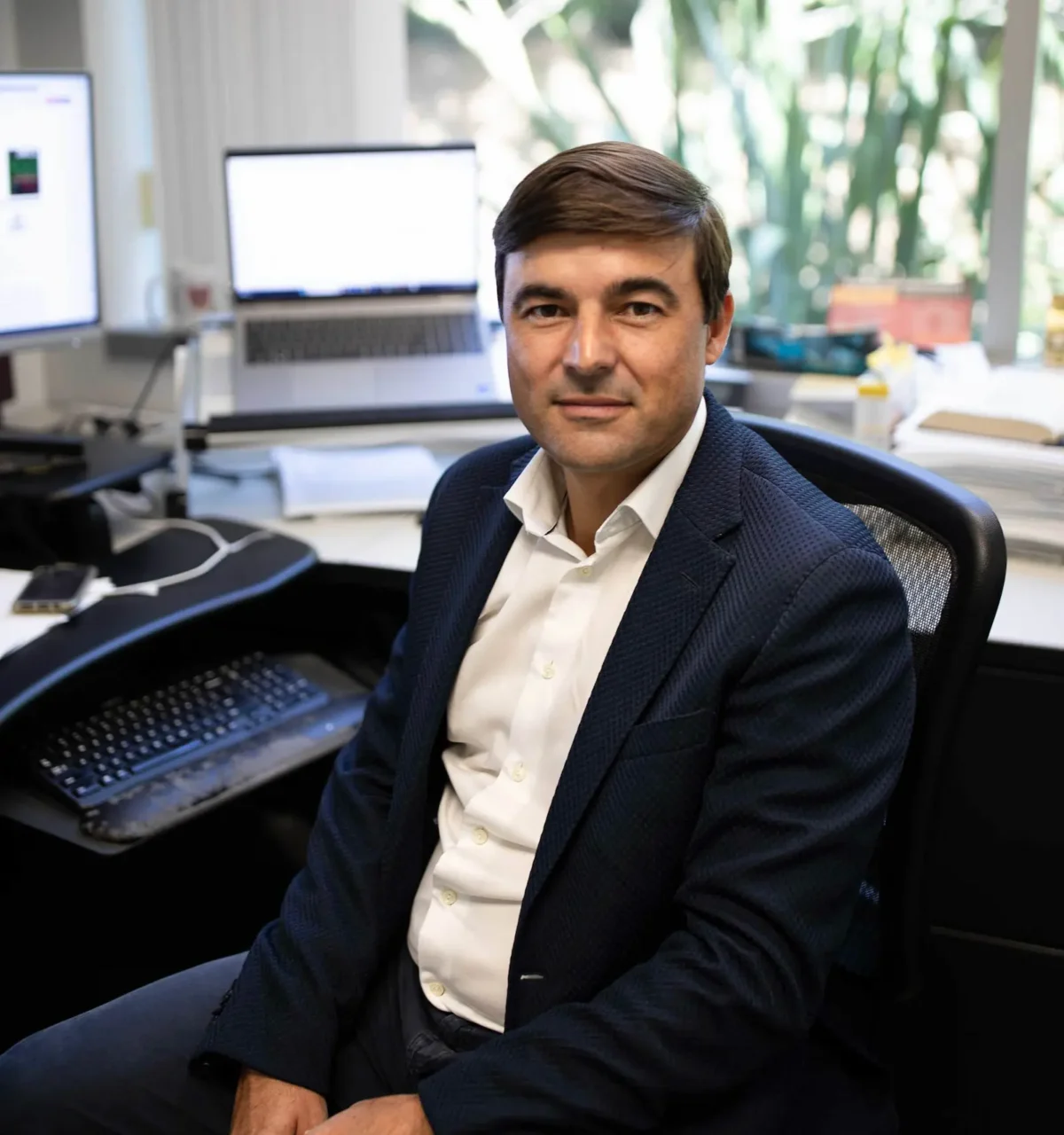
Alexandre Colas PhD
Associate Dean of AdmissionsGraduate School of Biomedical Sciences
Associate ProfessorCenter for Cardiovascular and Muscular Diseases
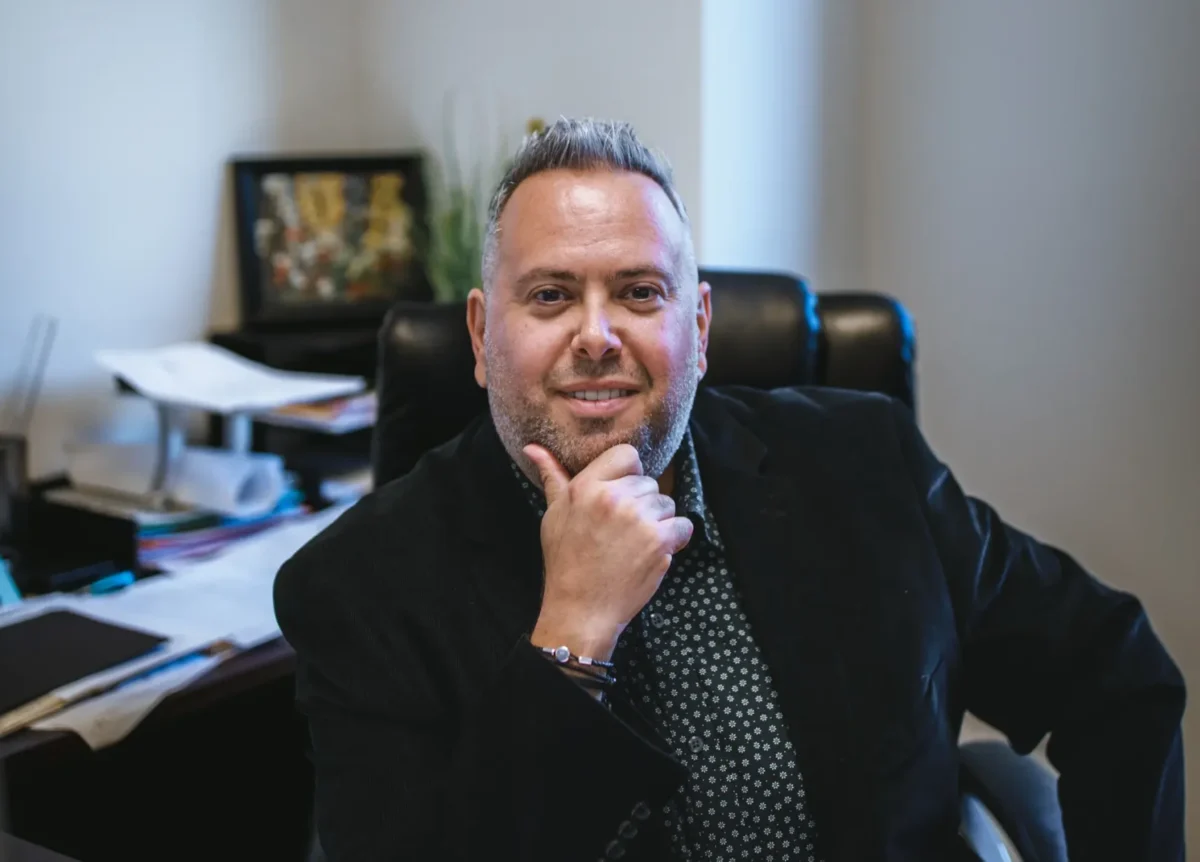
Cosimo Commisso PhD
Interim Director, Deputy DirectorNCI-Designated Cancer Center
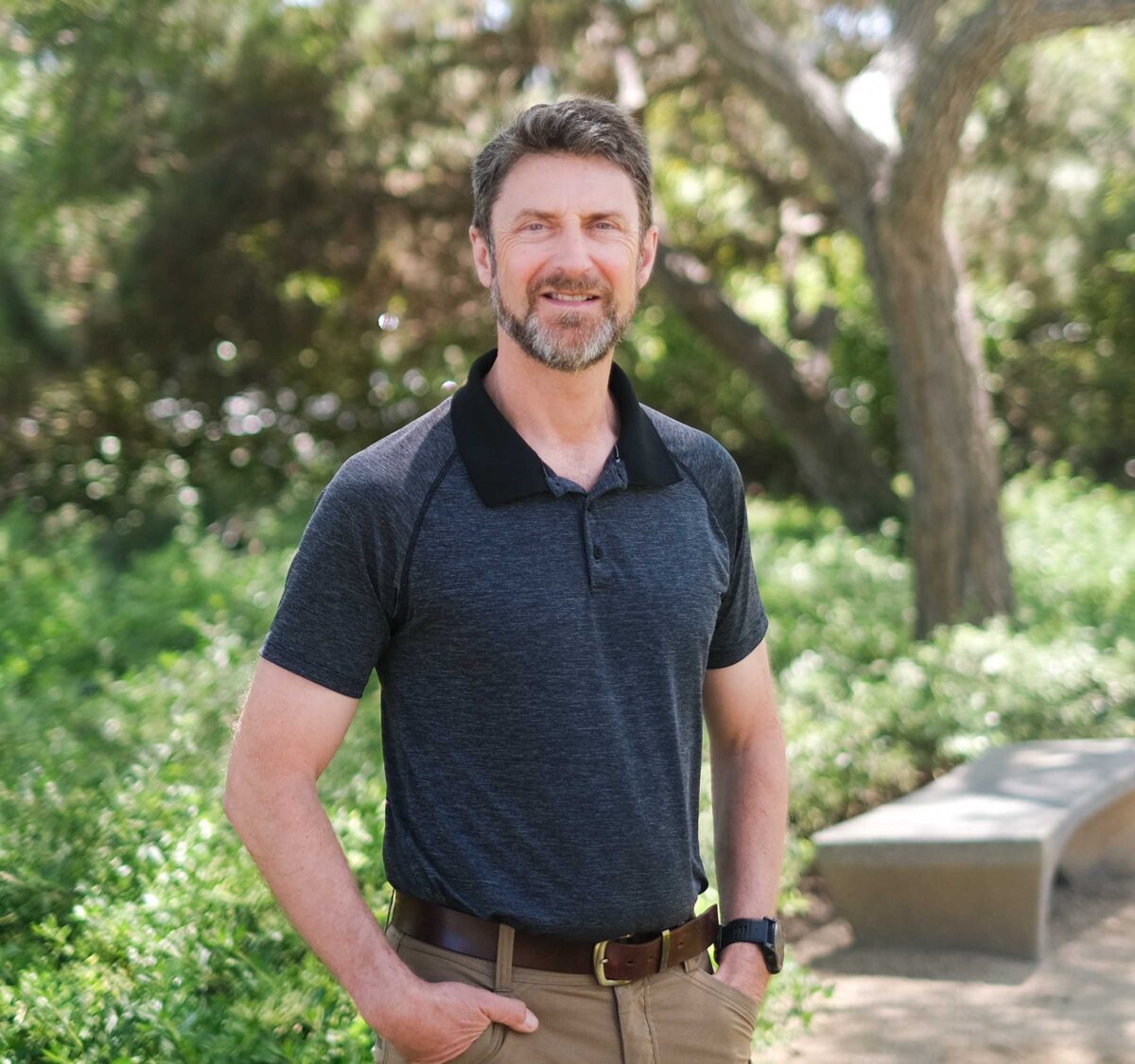
Nicholas Cosford PhD
Full Bio
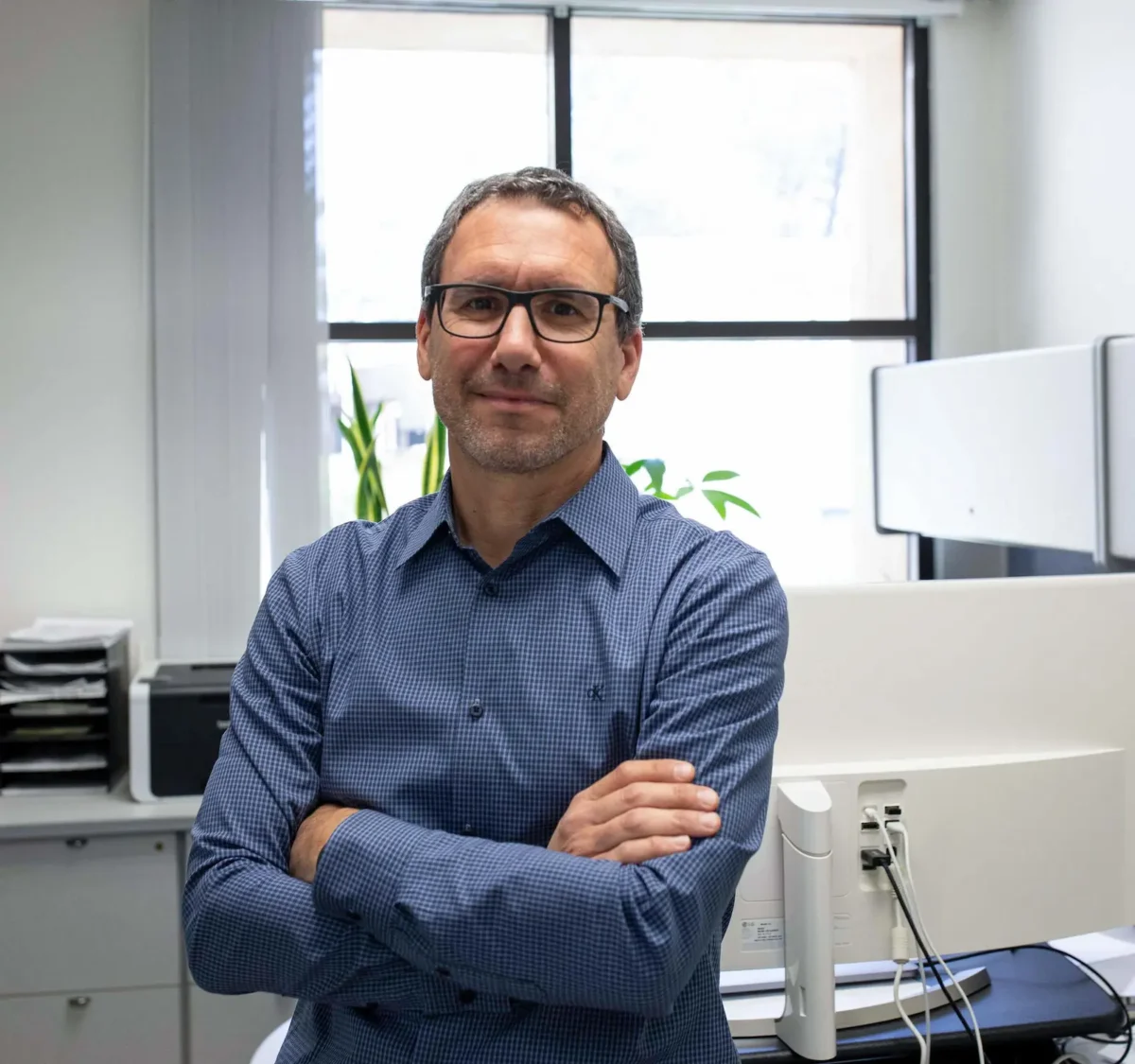
Maximiliano D’Angelo PhD
Associate ProfessorCancer Metabolism and Microenvironment Program
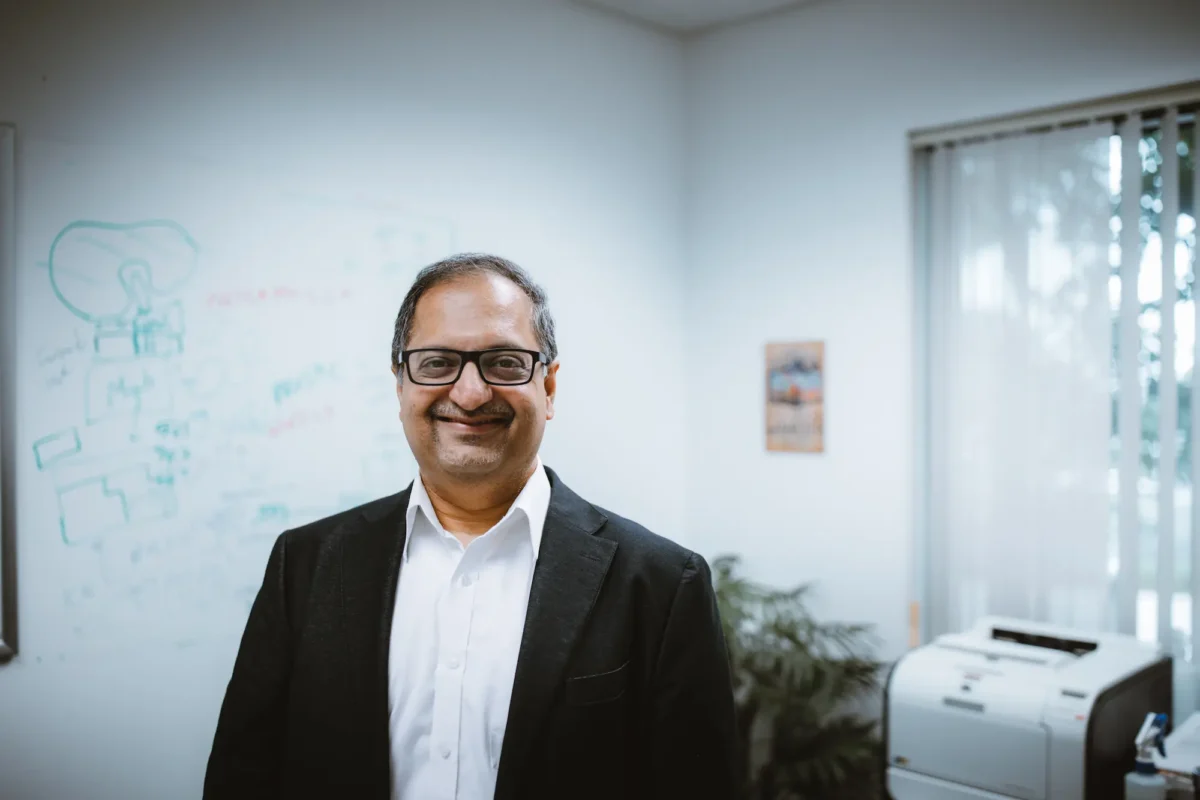
Ani Deshpande PhD
Full Bio
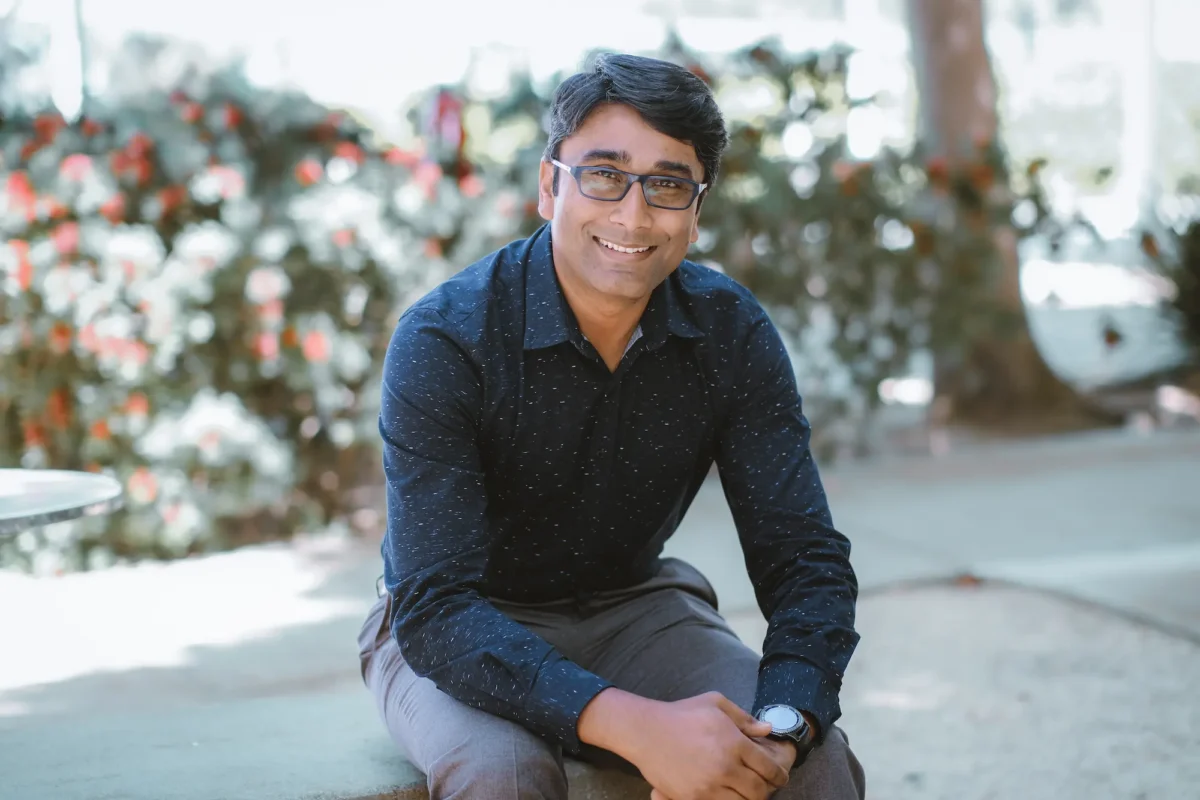
Debanjan Dhar PhD
Full Bio
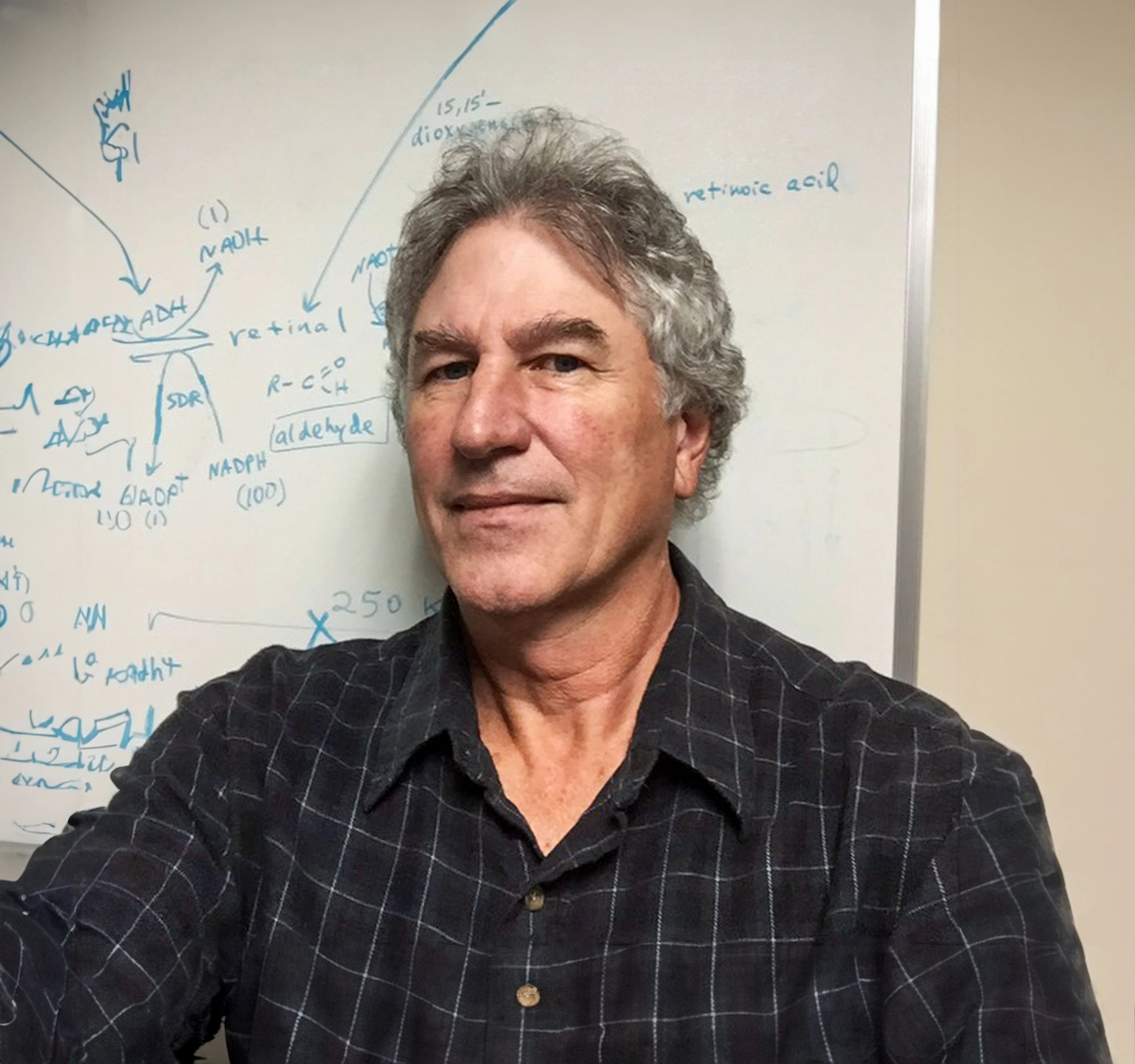
Gregg Duester PhD
Full Bio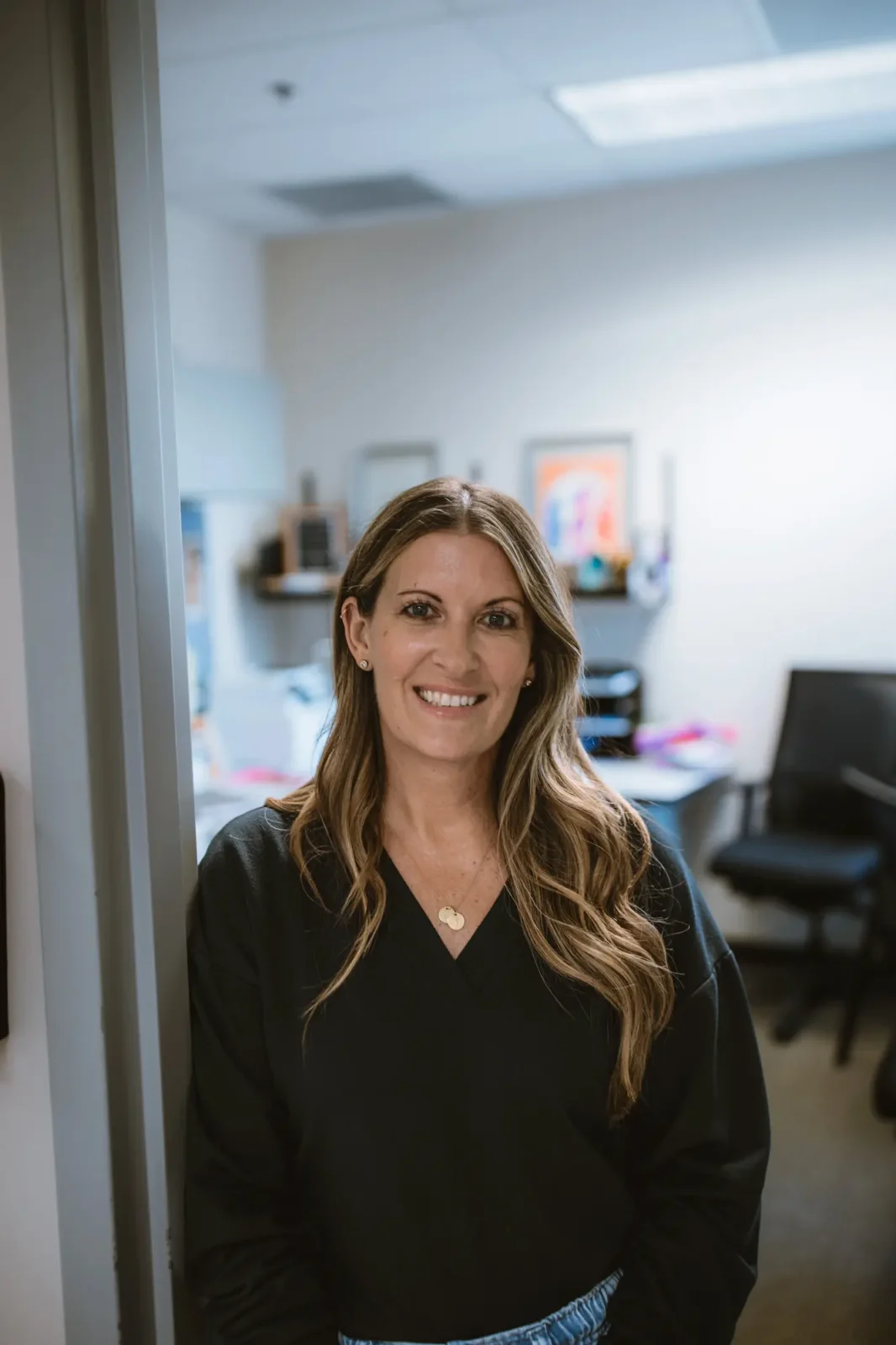
Brooke Emerling PhD
Director and Associate ProfessorCancer Metabolism and Microenvironment Program
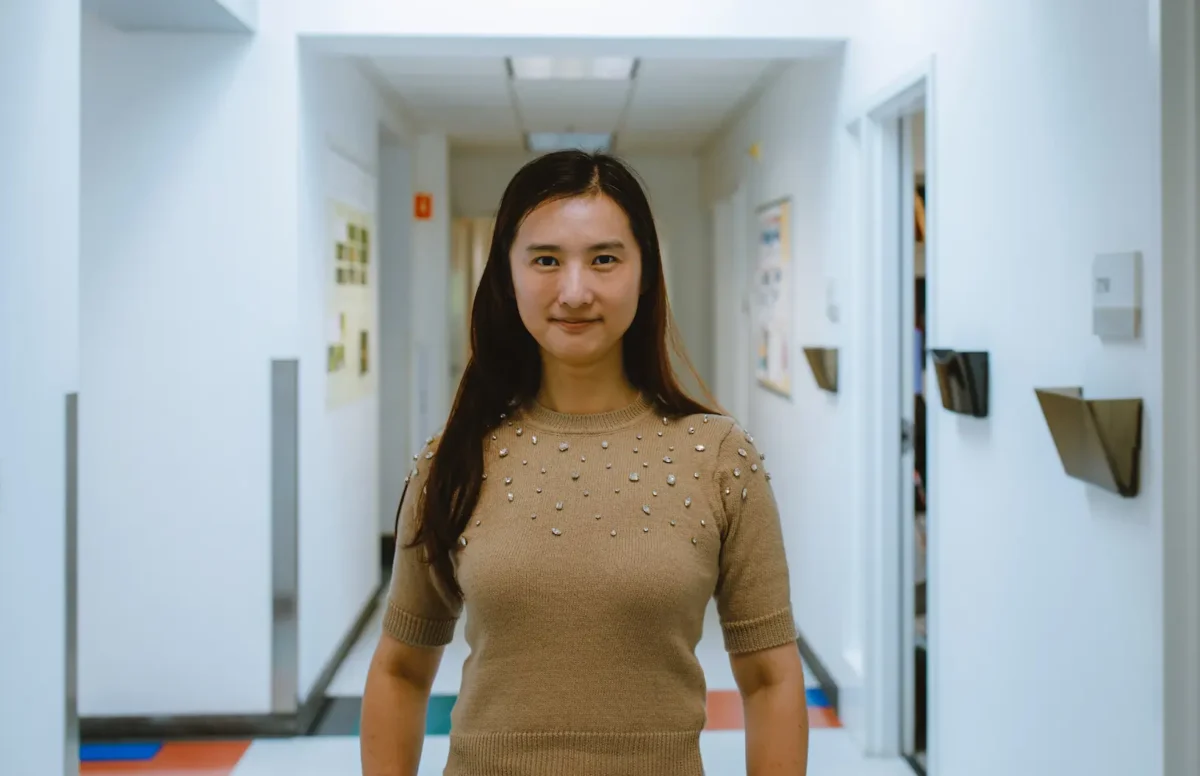
Shengjie Feng PhD
Assistant ProfessorCenter for Neurologic Diseases
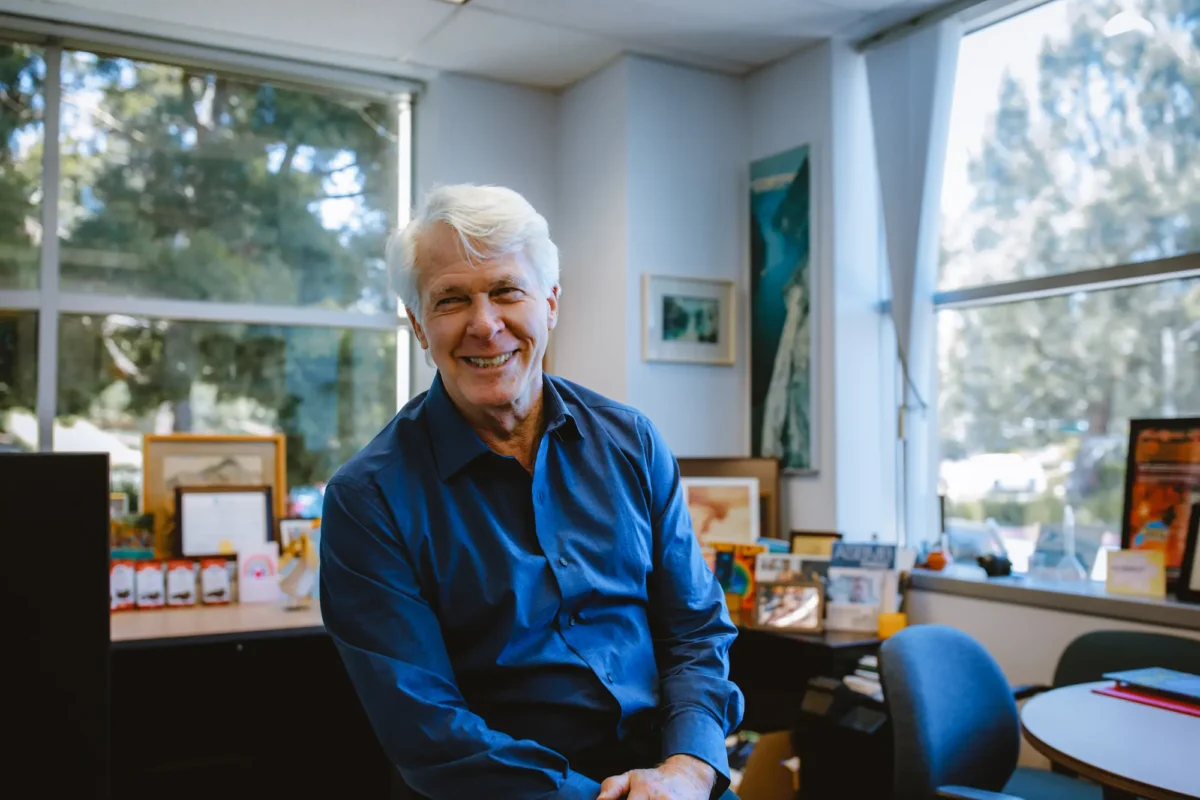
Hudson Freeze PhD
William W. Ruch Distinguished Endowed Chair
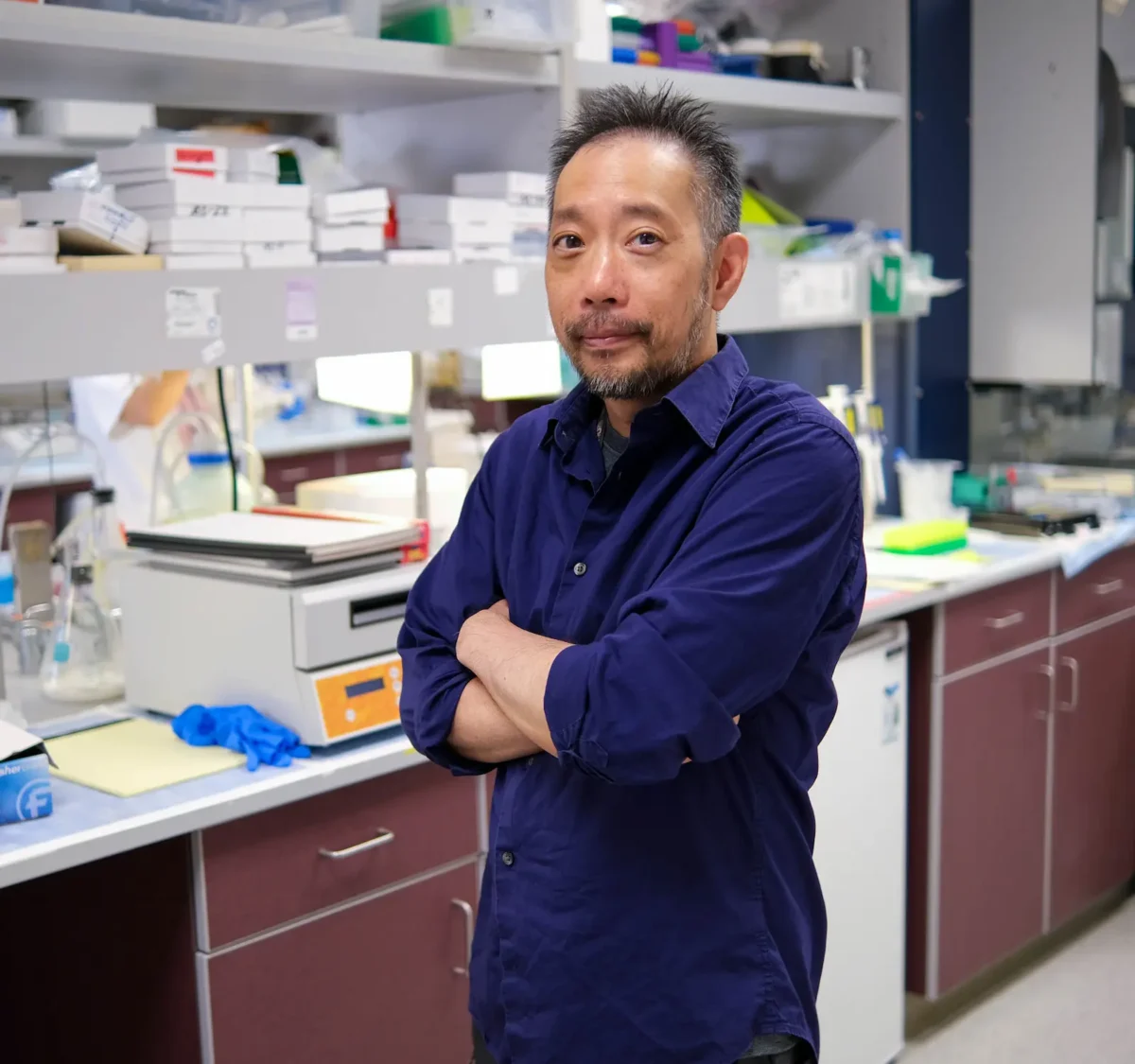
Timothy Huang PhD
Assistant ProfessorCenter for Neurologic Diseases
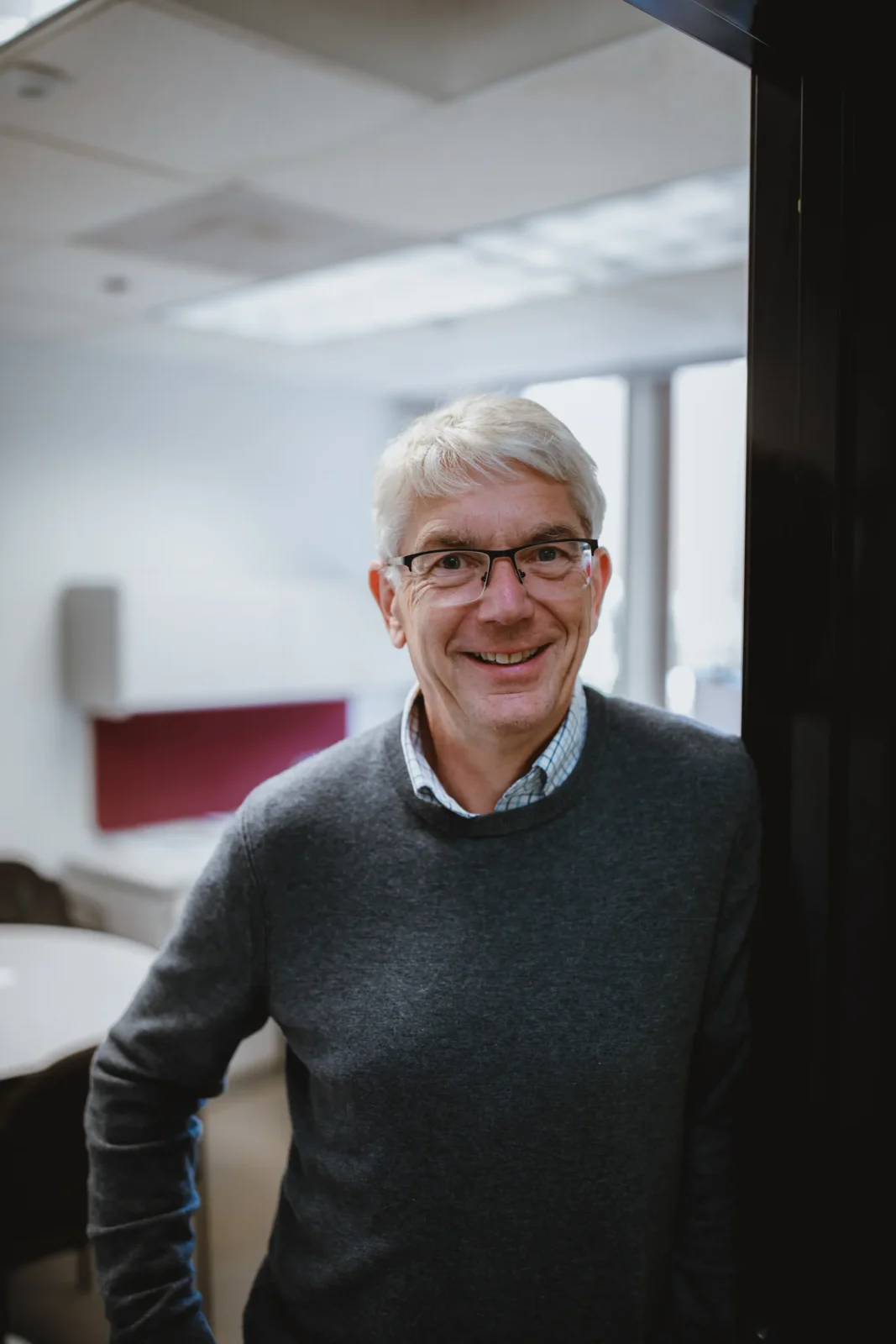
Michael Jackson PhD
Senior Vice President, Drug Discovery and DevelopmentConrad Prebys Center for Chemical Genomics
Associate Director, Translational Initiatives
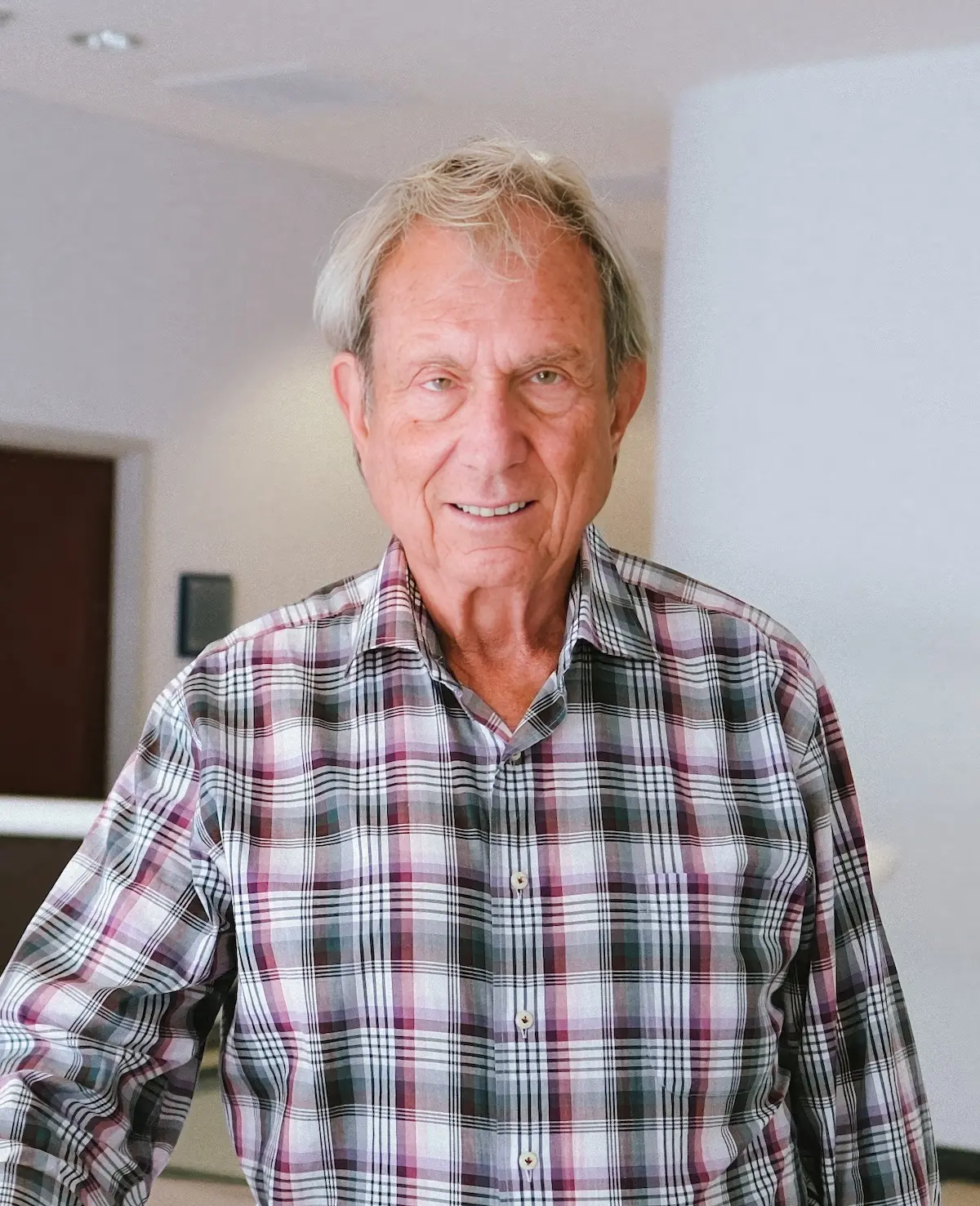
Michael Karin PhD
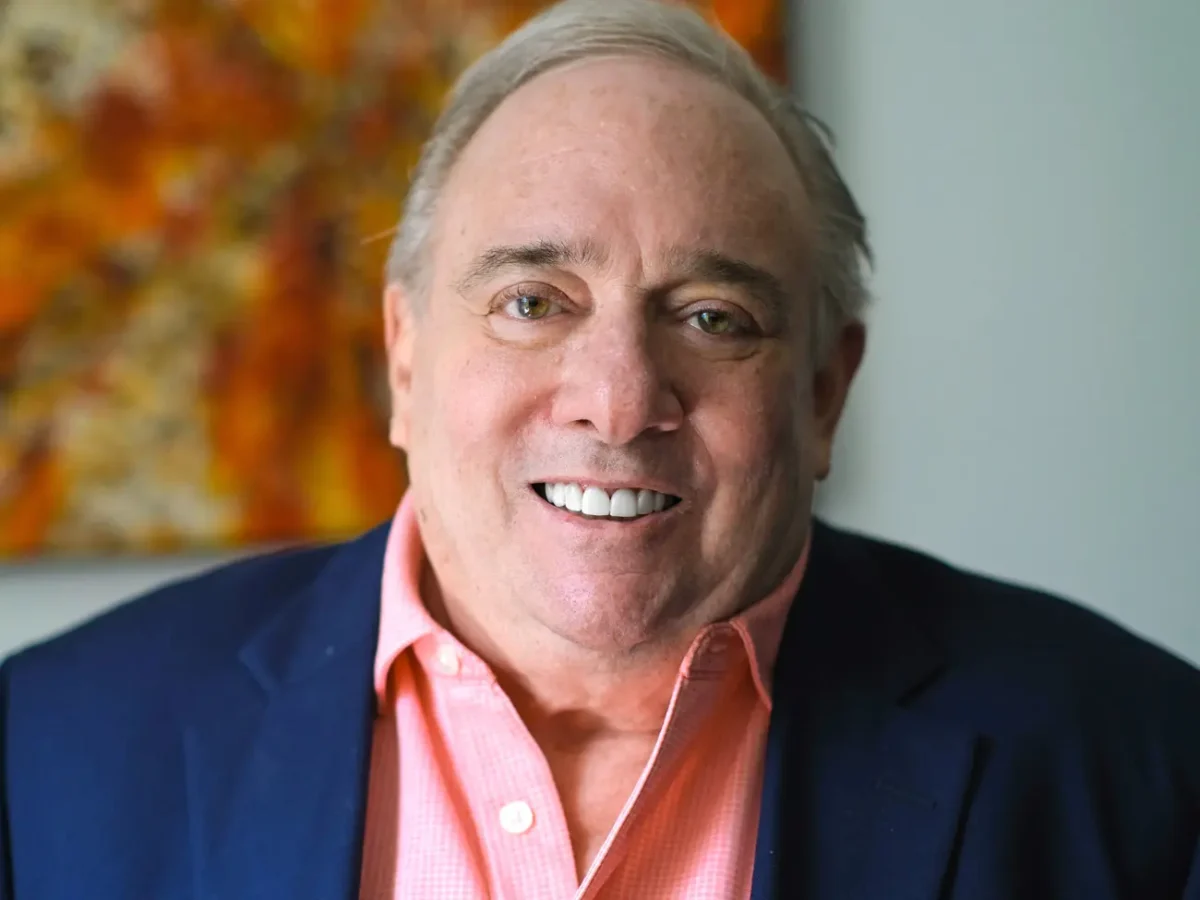
Randal J. Kaufman PhD
Full Bio
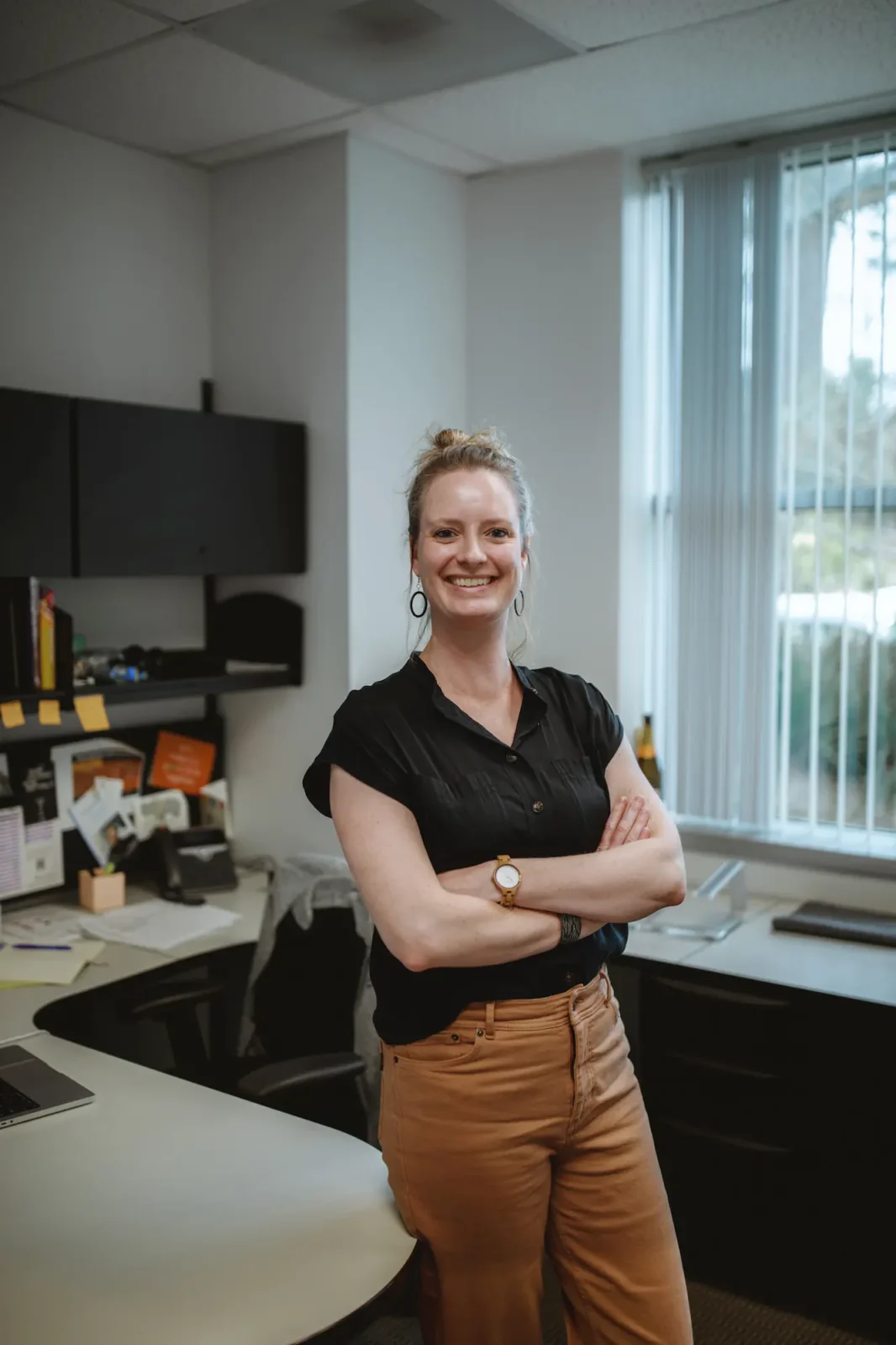
Kelly Kersten PhD
Assistant ProfessorCancer Metabolism and Microenvironment Program
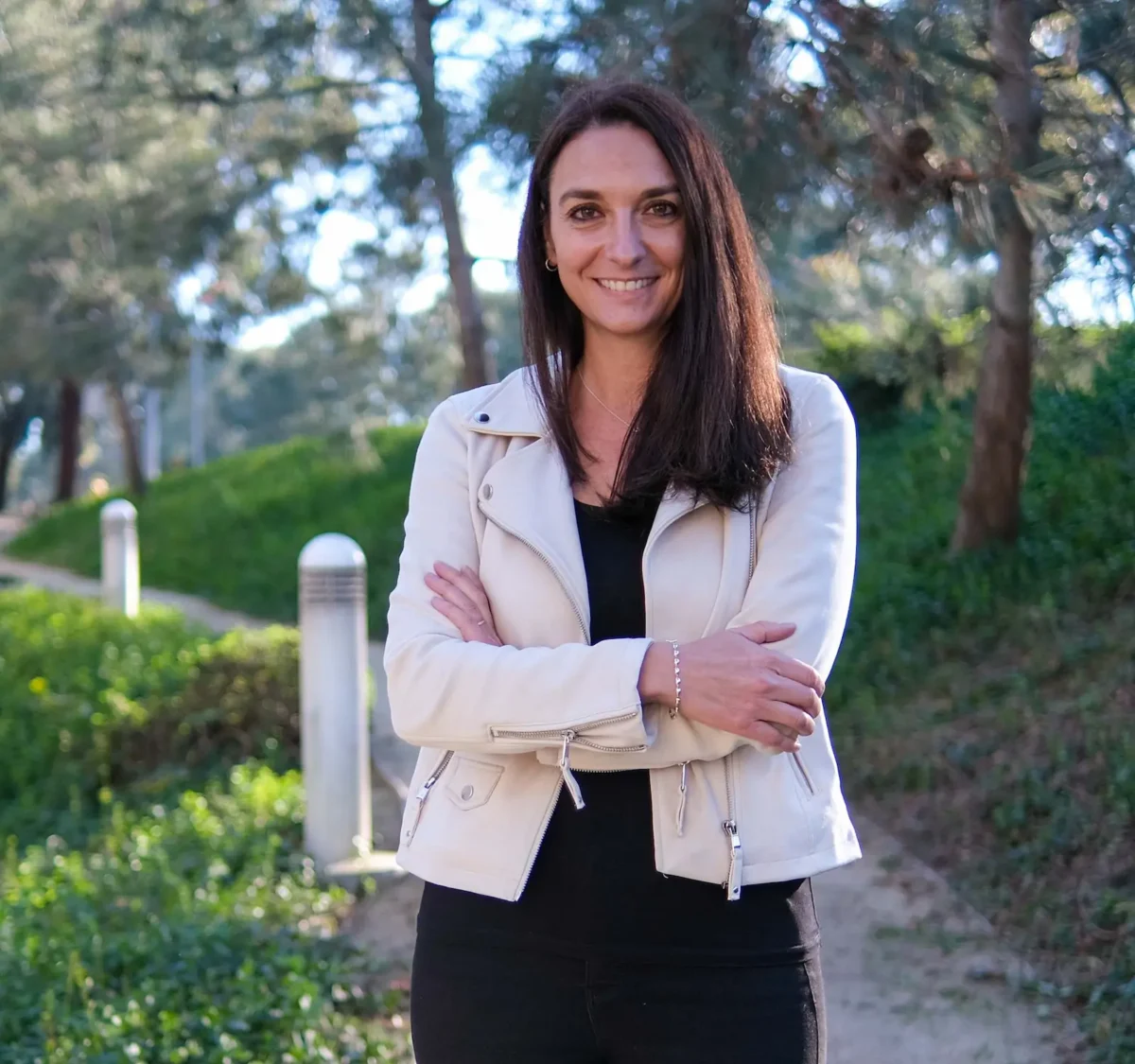
Caroline Kumsta PhD
Associate Dean of Student AffairsGraduate School of Biomedical Sciences
Assistant ProfessorCenter for Cardiovascular and Muscular Diseases
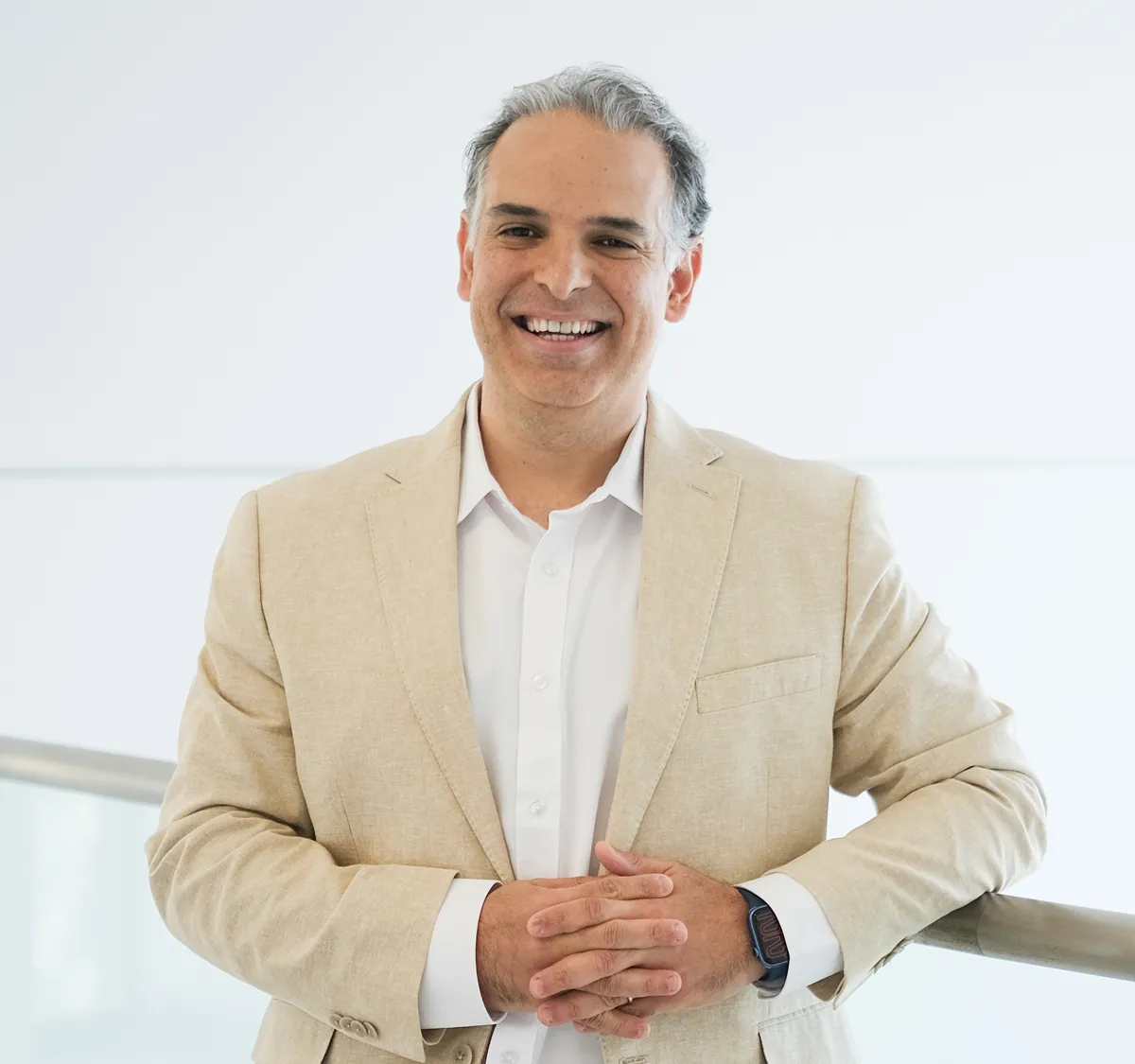
Ahmed Mahmoud PhD
Associate ProfessorCenter for Cardiovascular and Muscular Diseases
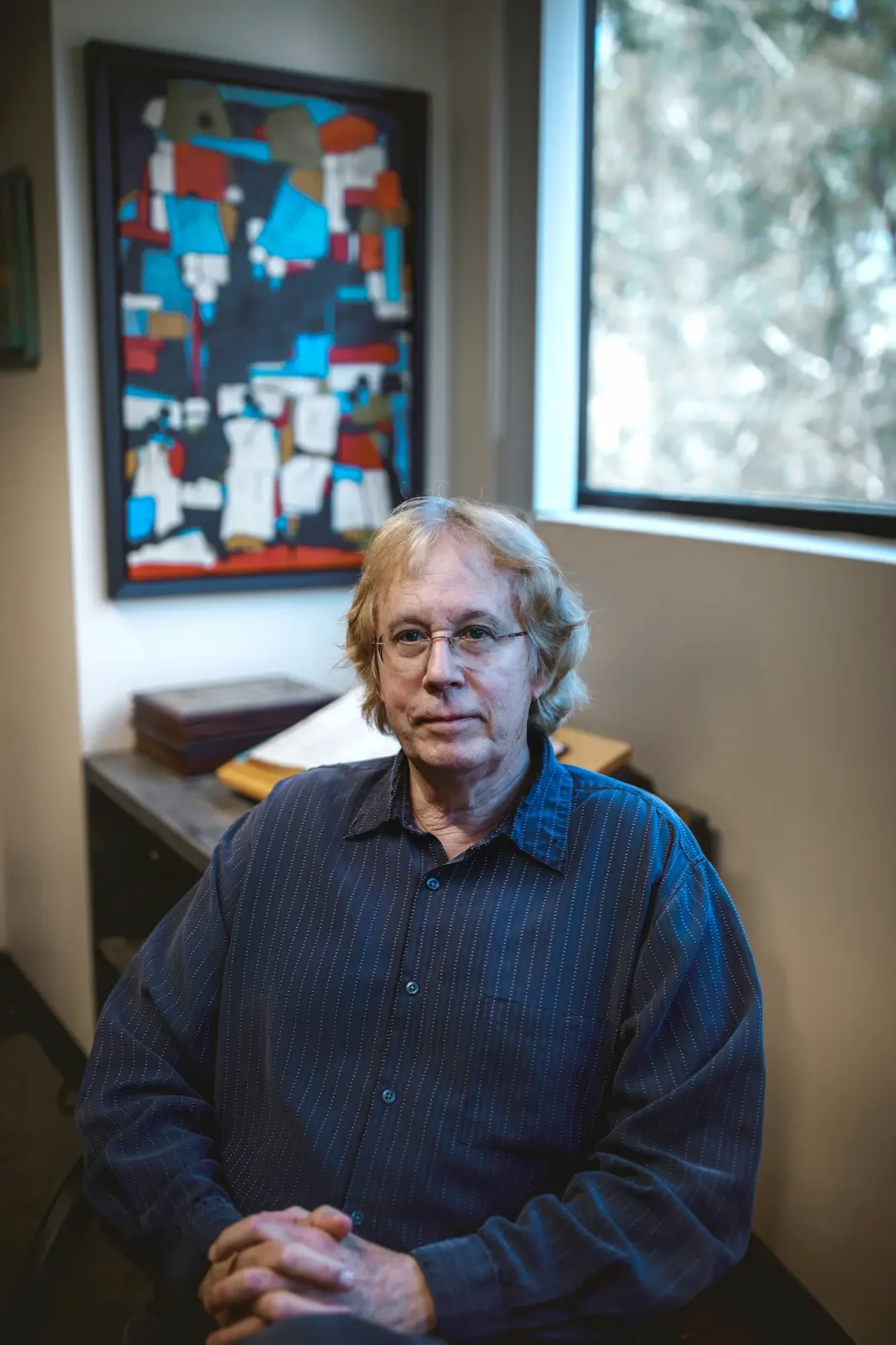
Jamey Marth PhD
Full Bio
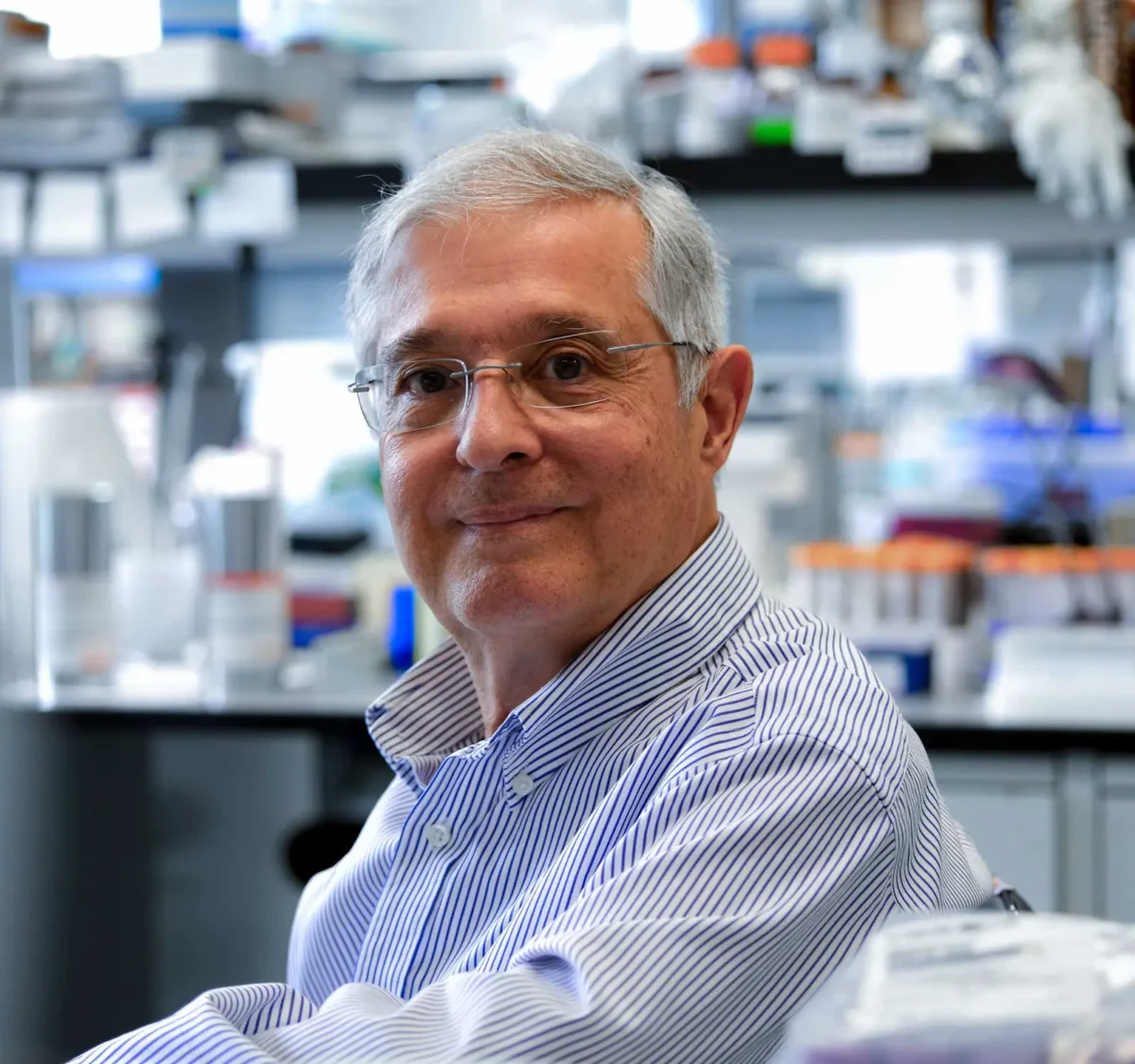
José Luis Millán PhD
Full Bio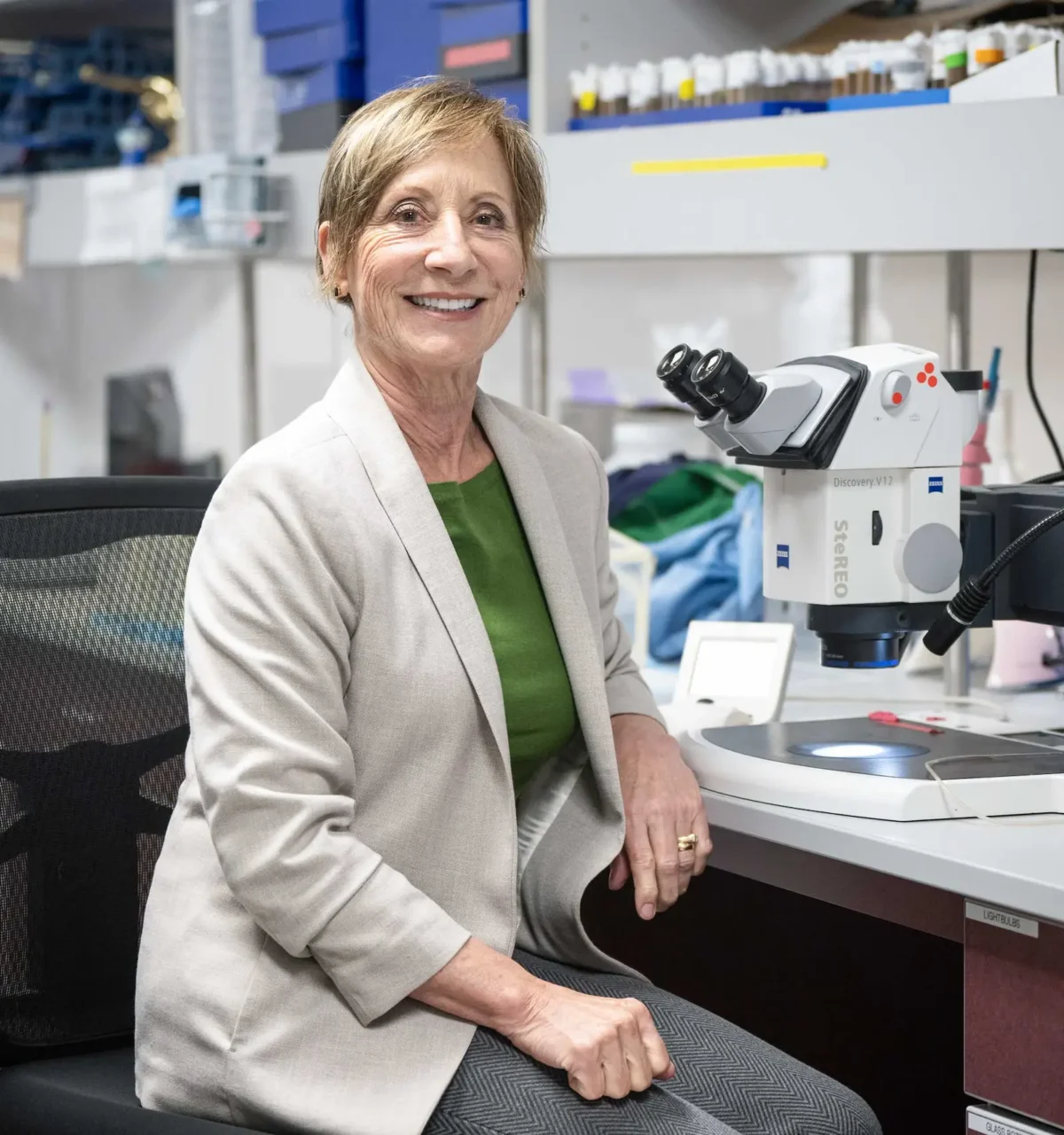
Karen Ocorr PhD
Assistant ProfessorCenter for Cardiovascular and Muscular Diseases
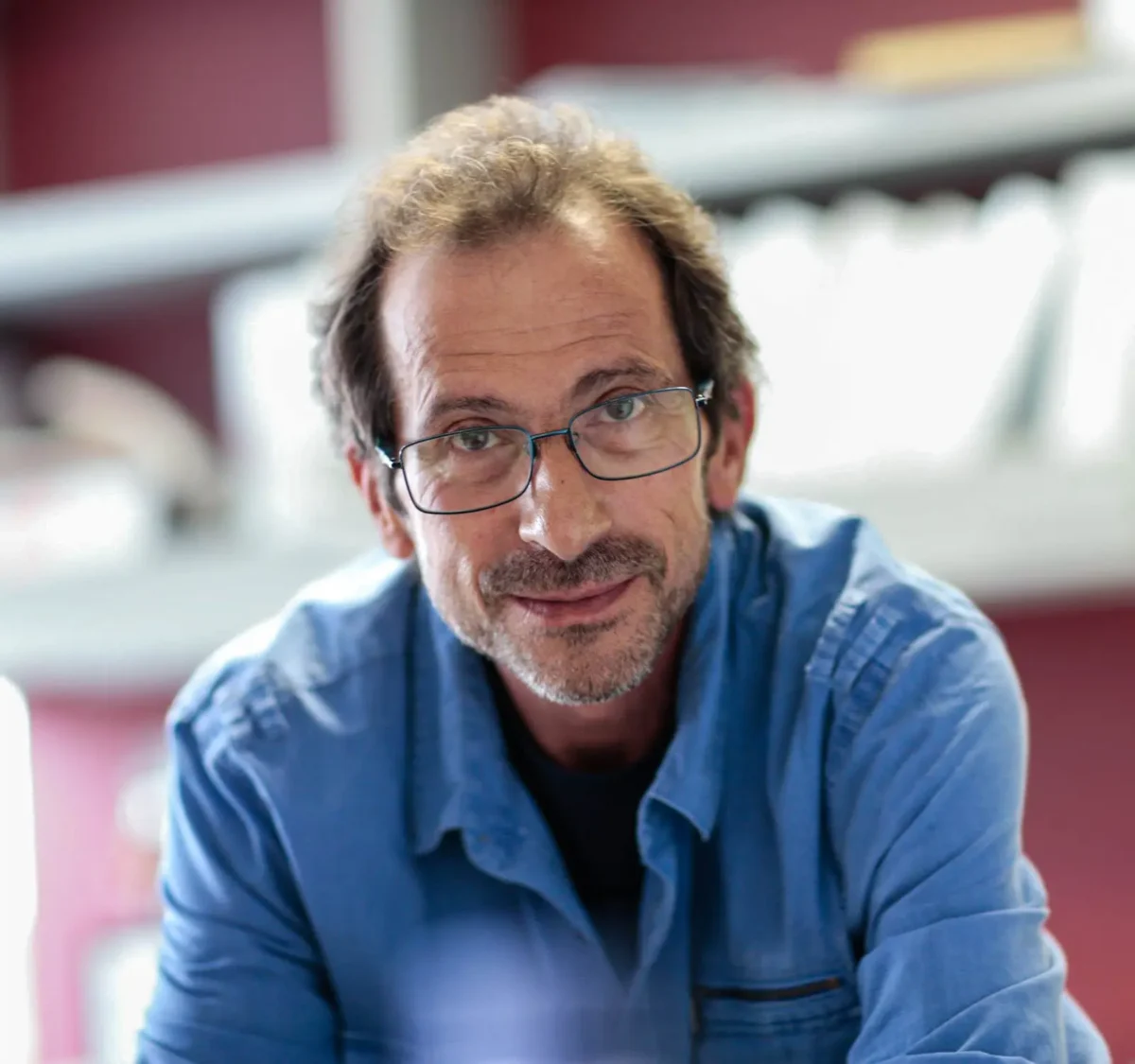
Andrei Osterman PhD
Vice Dean and Associate Dean of CurriculumGraduate School of Biomedical Sciences
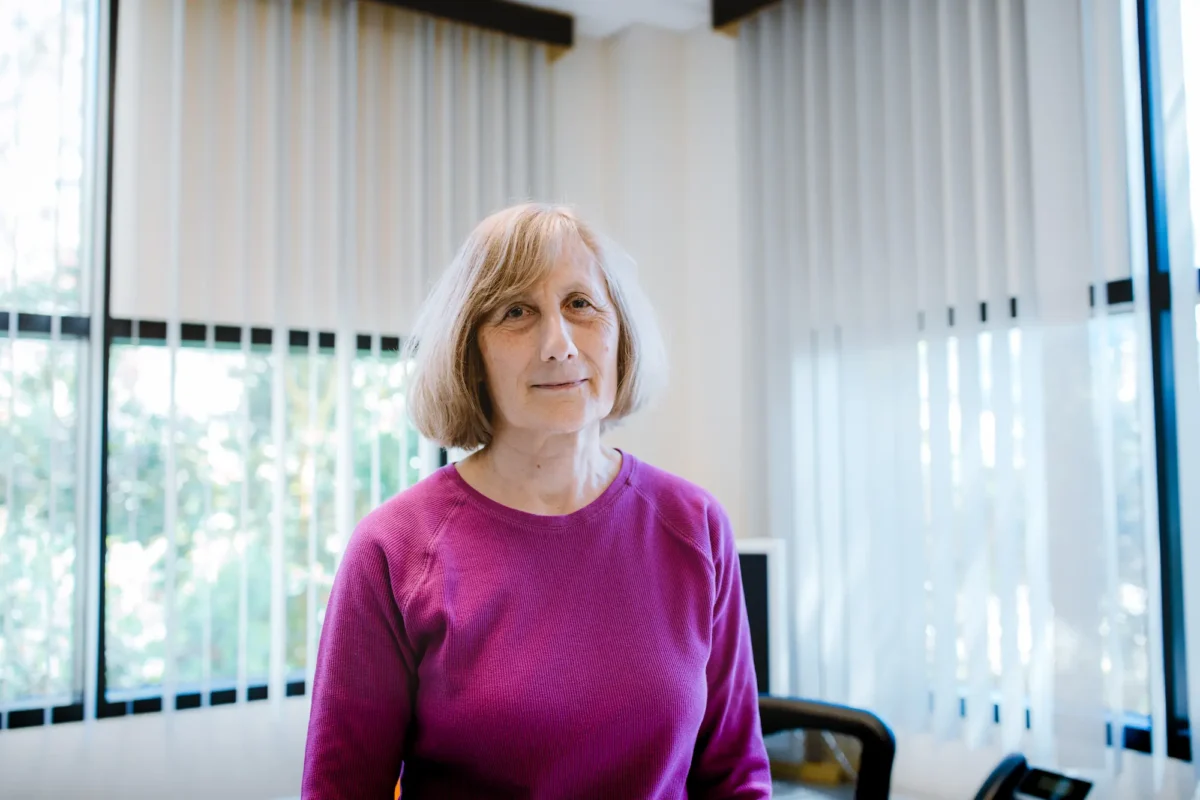
Elena Pasquale PhD
Director of Academic Affairs
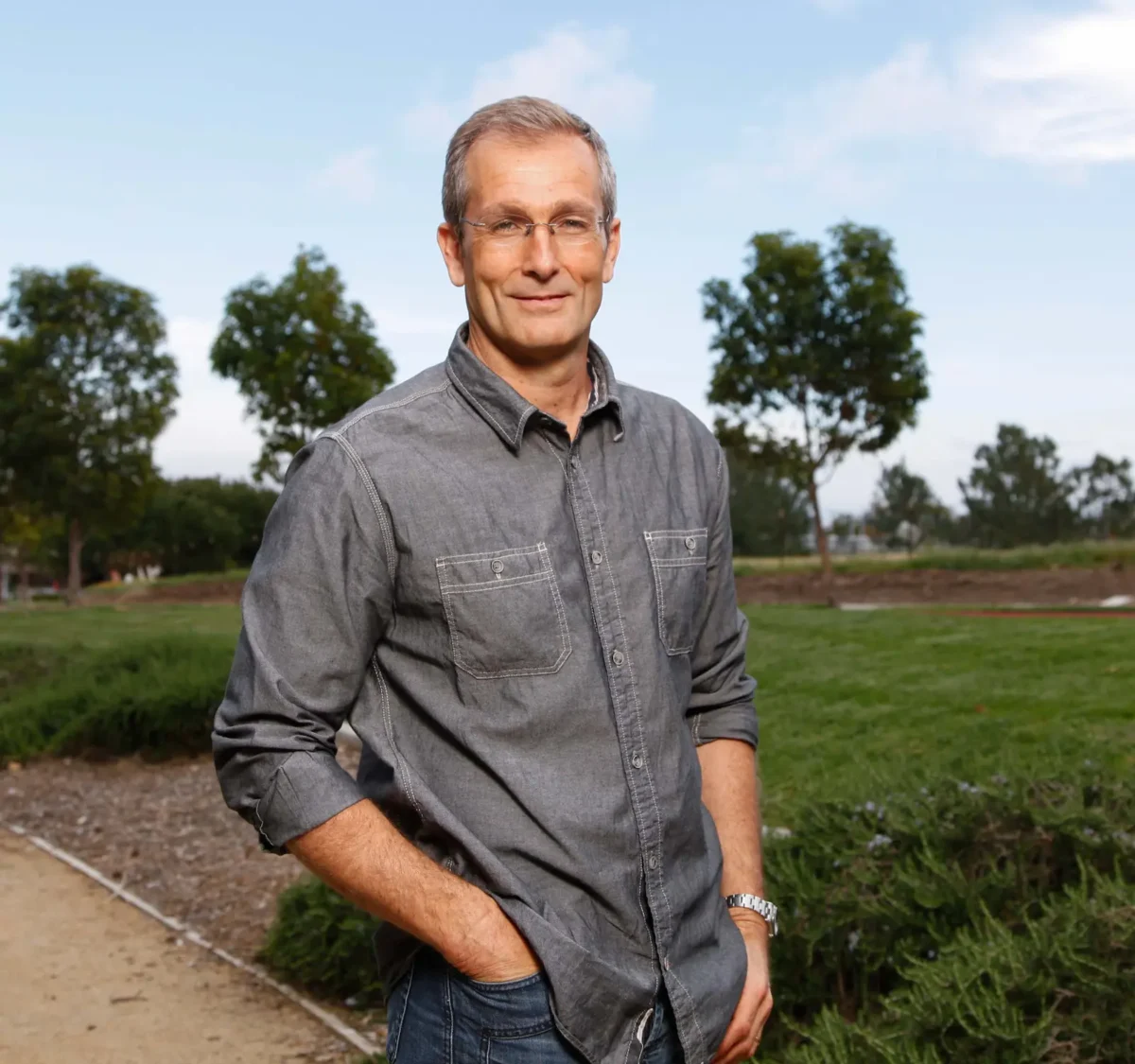
Pier Lorenzo Puri MD
Full Bio
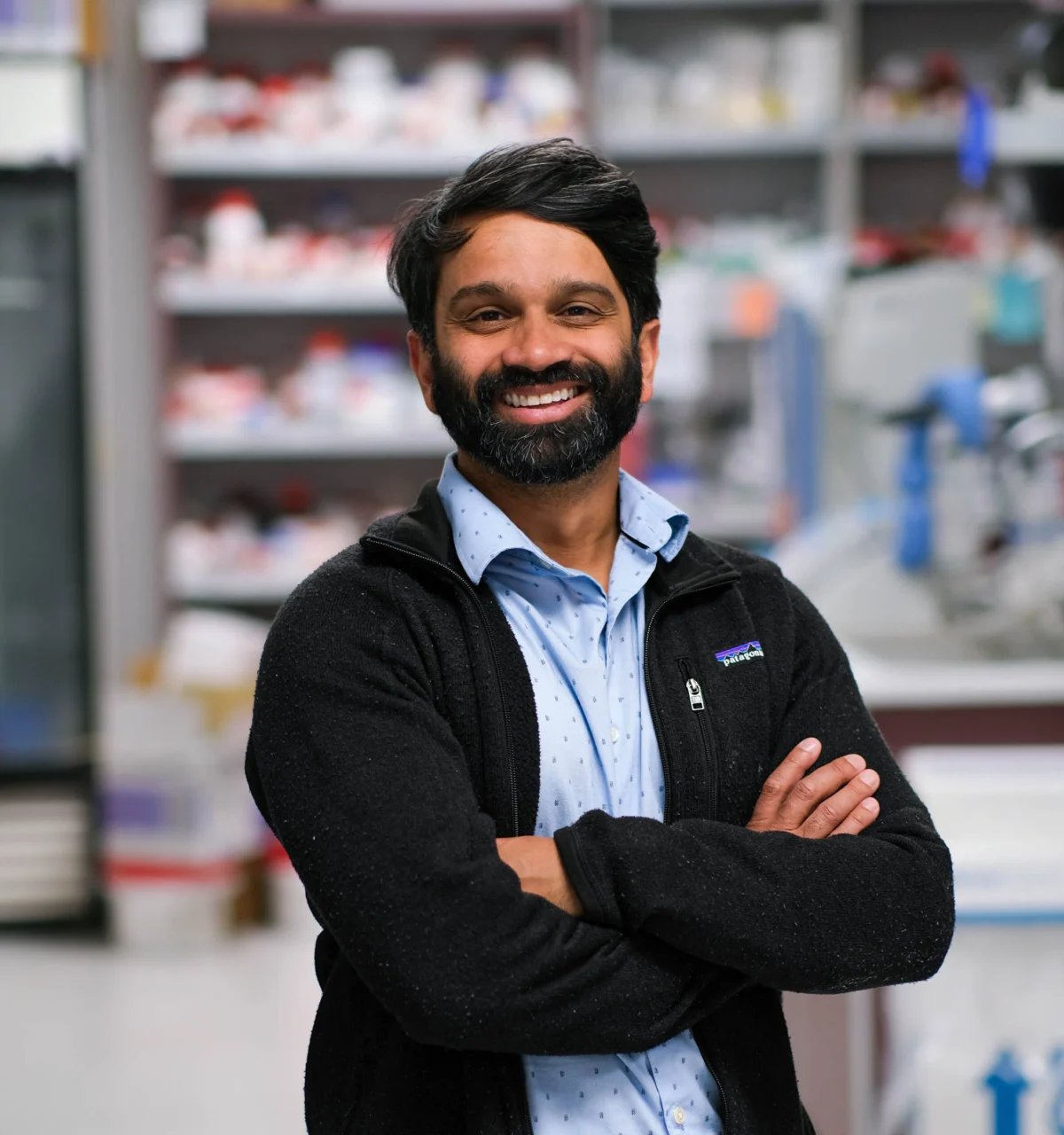
Sanjeev S. Ranade PhD
Assistant ProfessorCenter for Cardiovascular and Muscular Diseases
MemberCenter for Data Sciences
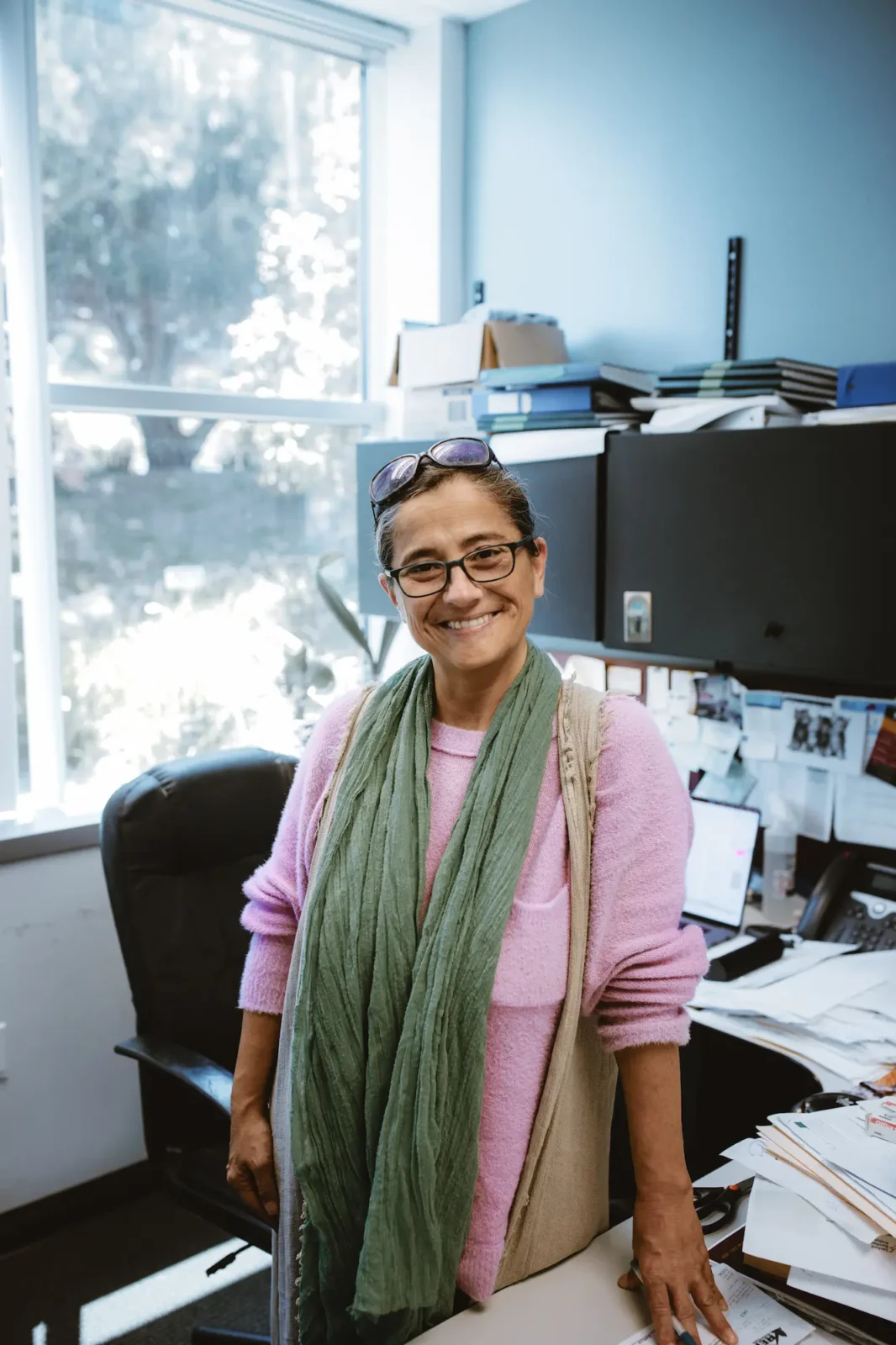
Alessandra Sacco PhD
Full Bio
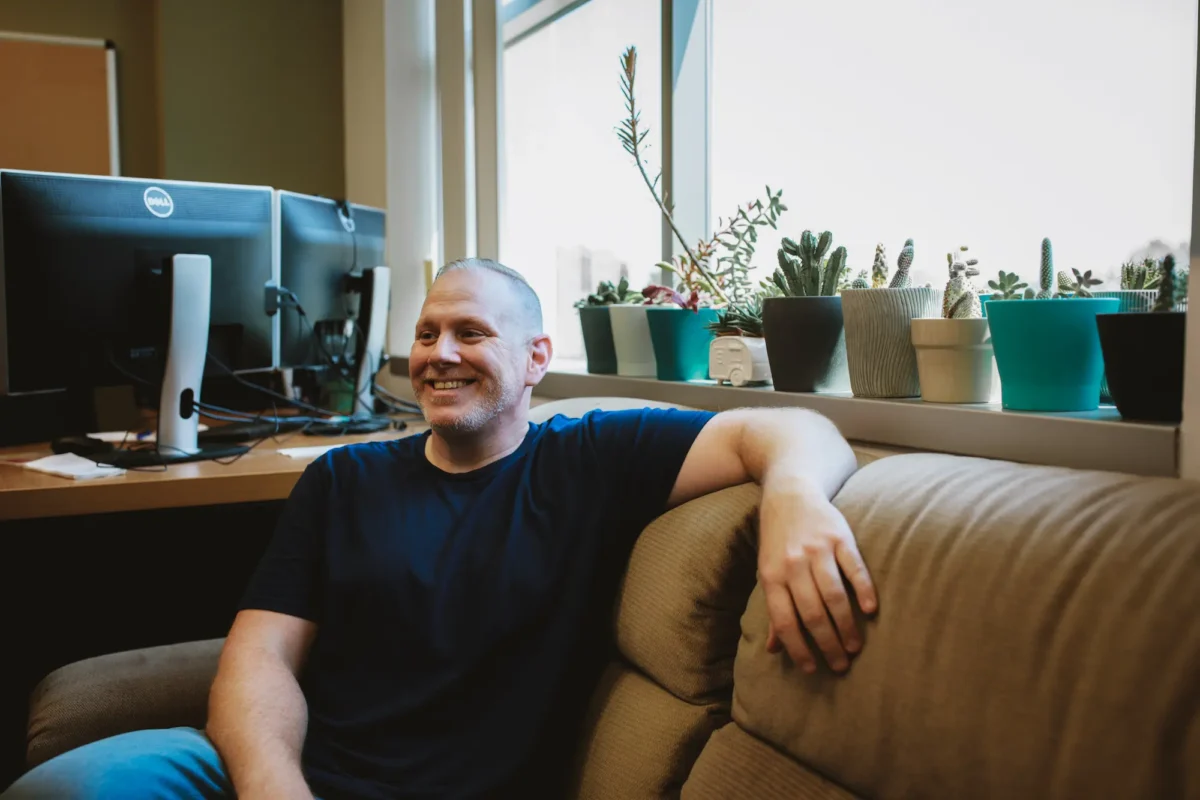
Douglas Sheffler PhD
Full Bio
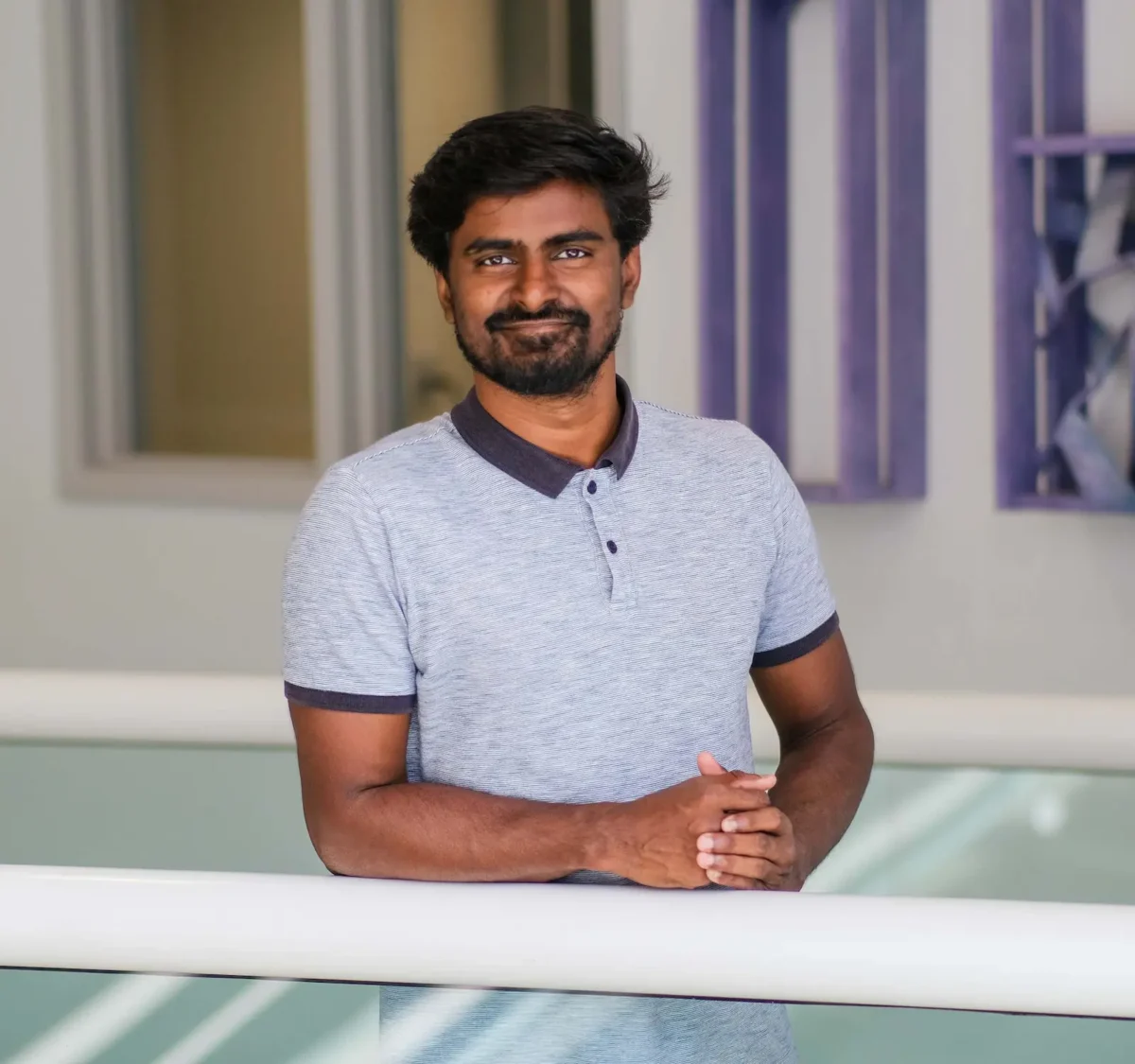
Sanju Sinha PhD
Full Bio
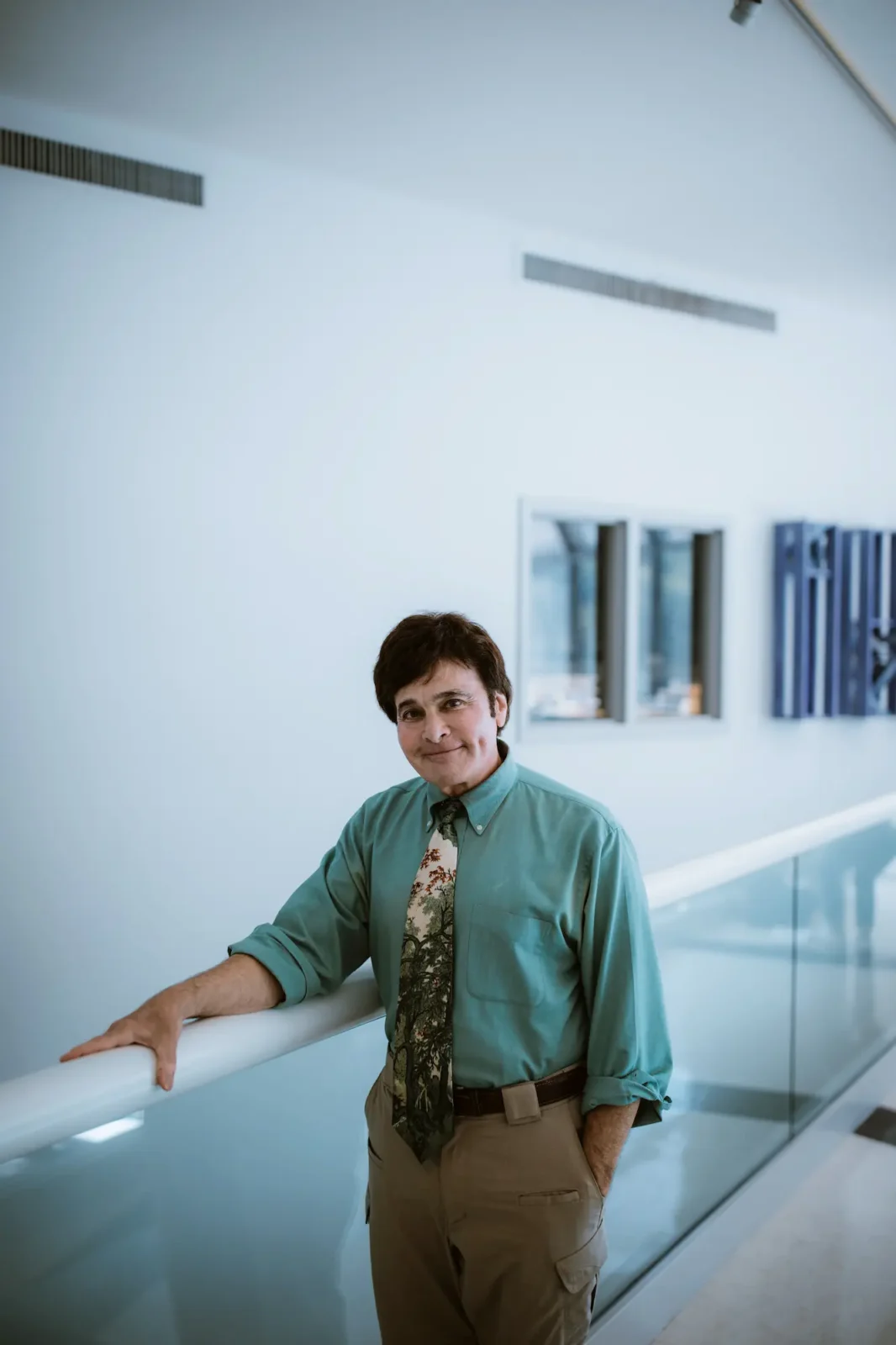
Evan Snyder MD PhD
Full Bio
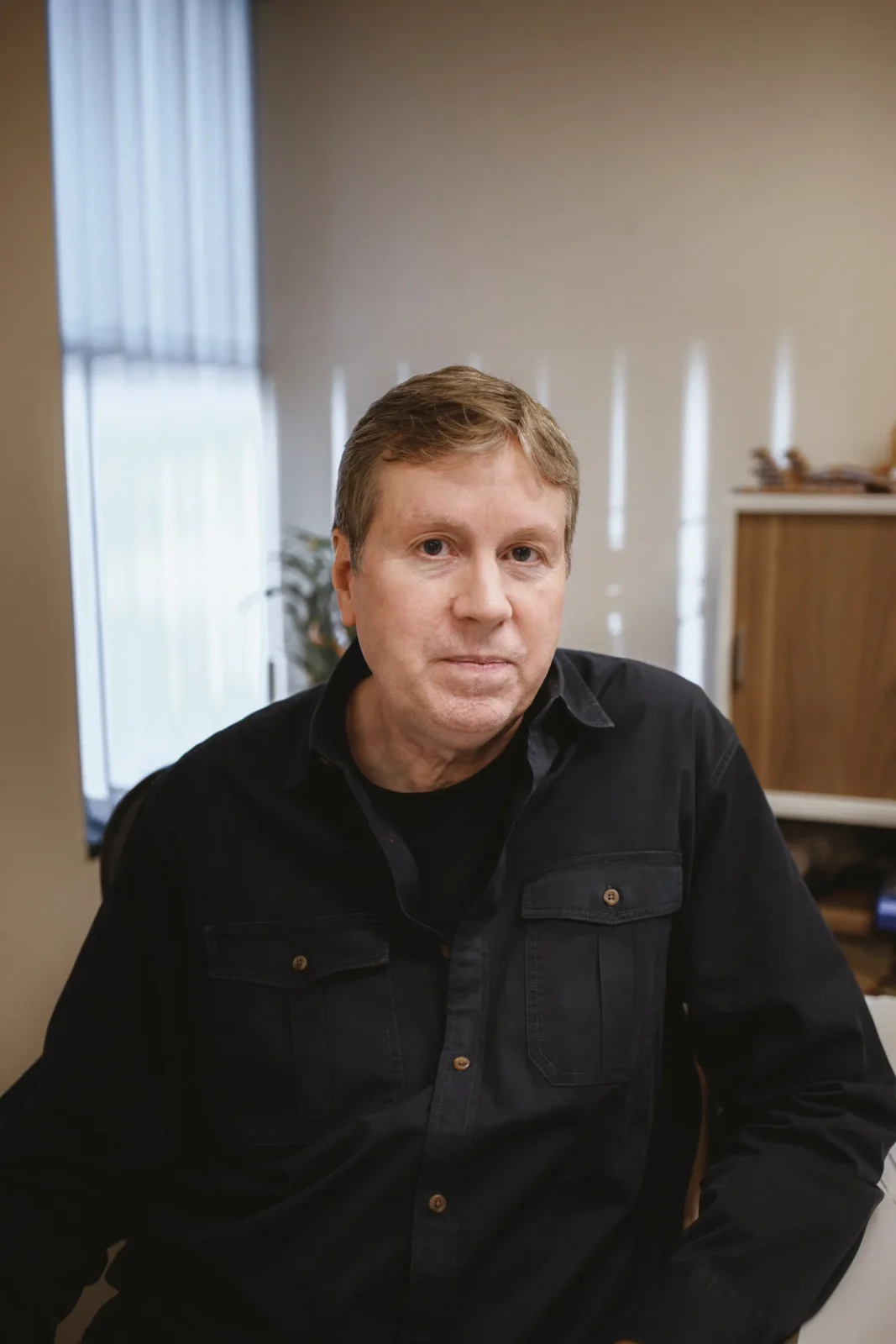
Charles Spruck PhD
Associate ProfessorCancer Genome and Epigenetics Program

Xueqin (Sherine) Sun PhD
Assistant ProfessorCancer Genome and Epigenetics Program
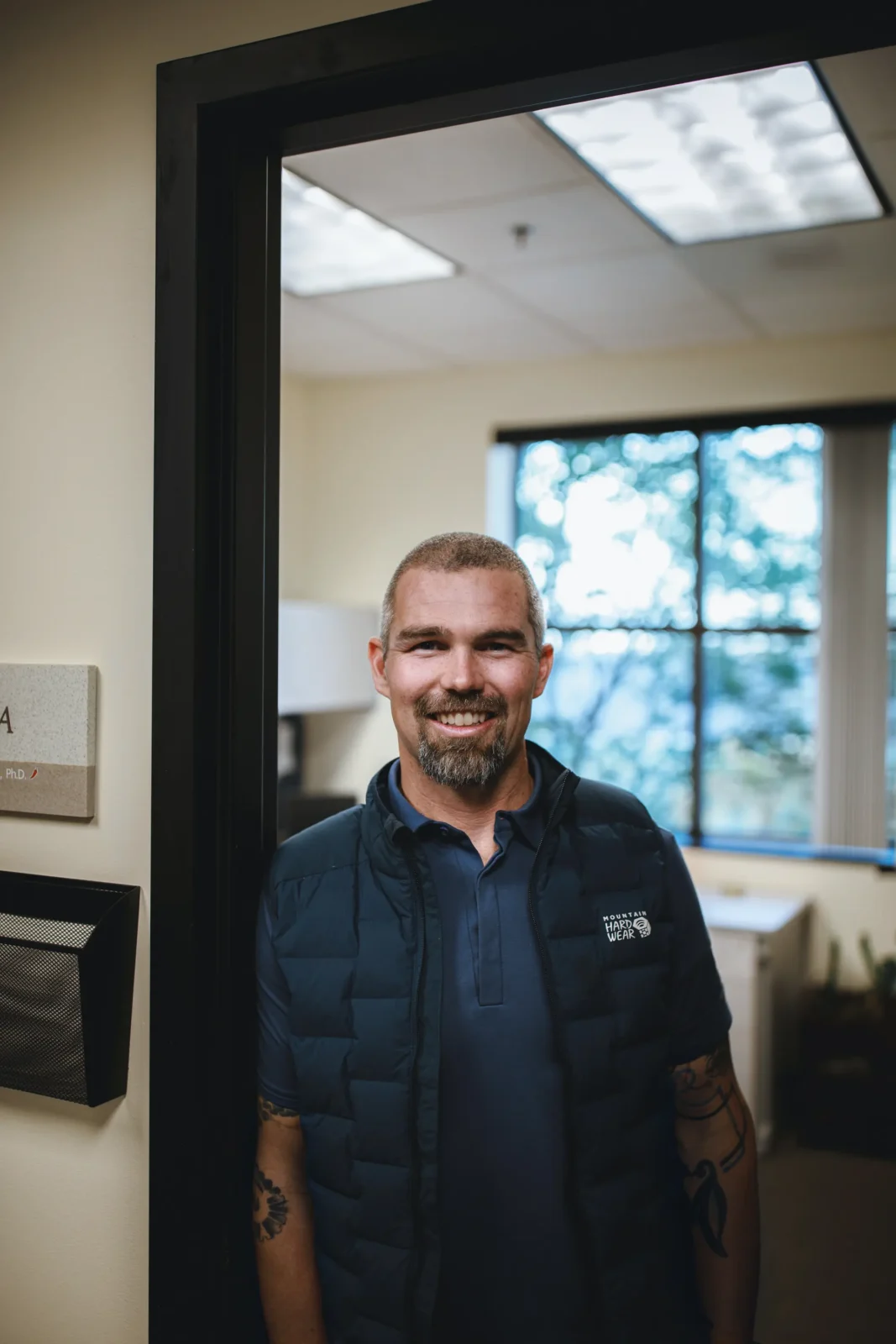
Kevin Tharp PhD
Assistant ProfessorCancer Metabolism and Microenvironment Program
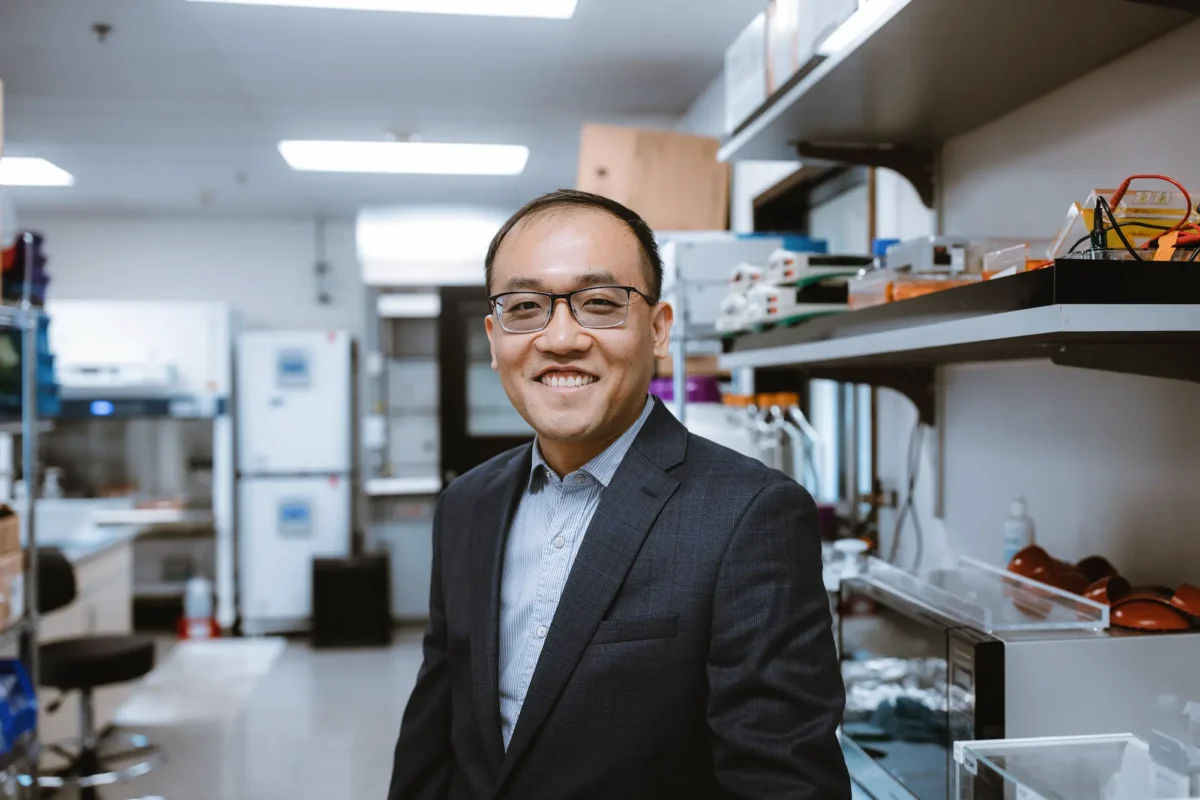
Xiao Tian PhD
Assistant ProfessorCenter for Neurologic Diseases
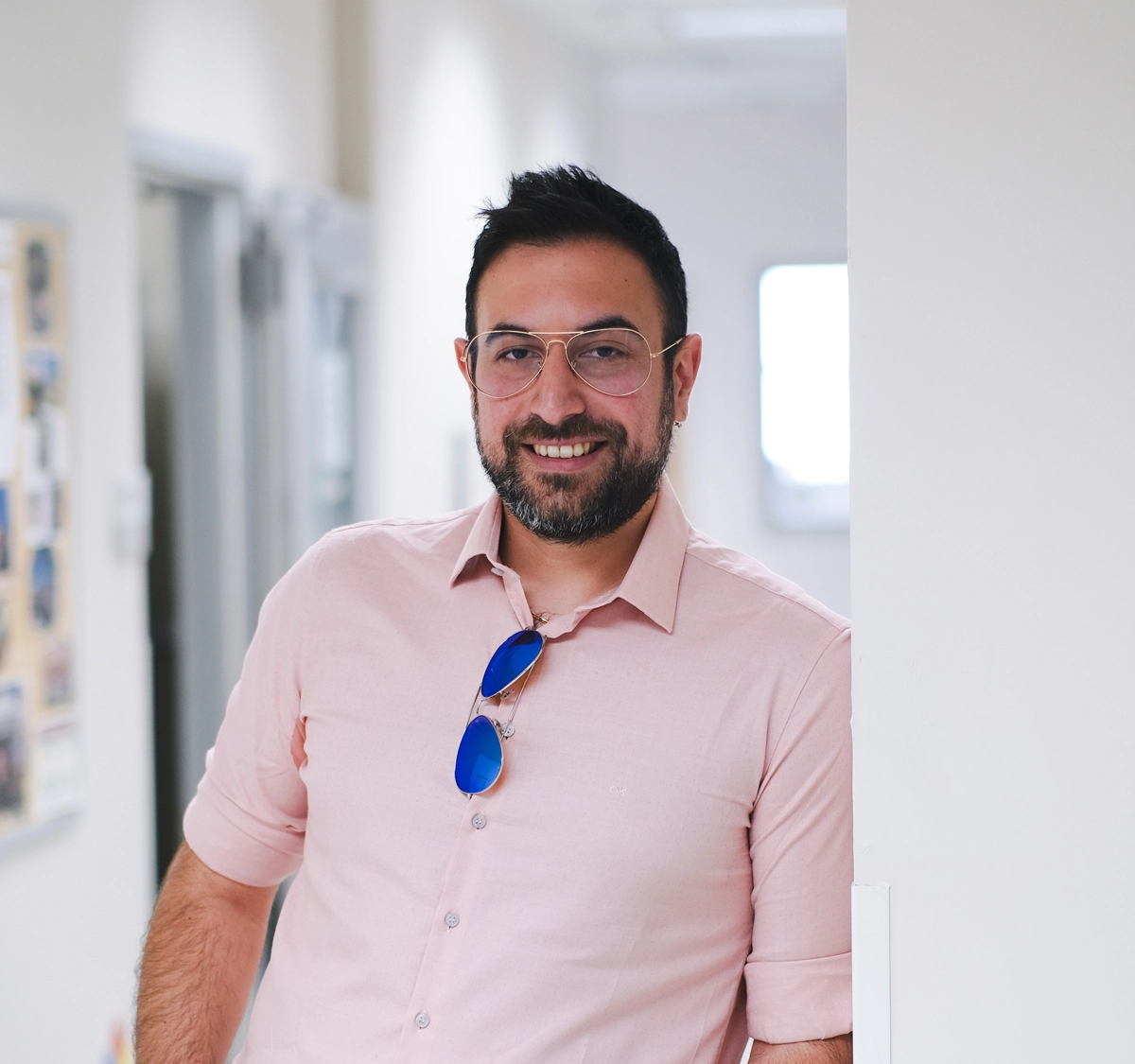
Alessandro Vasciaveo PhD
Full Bio
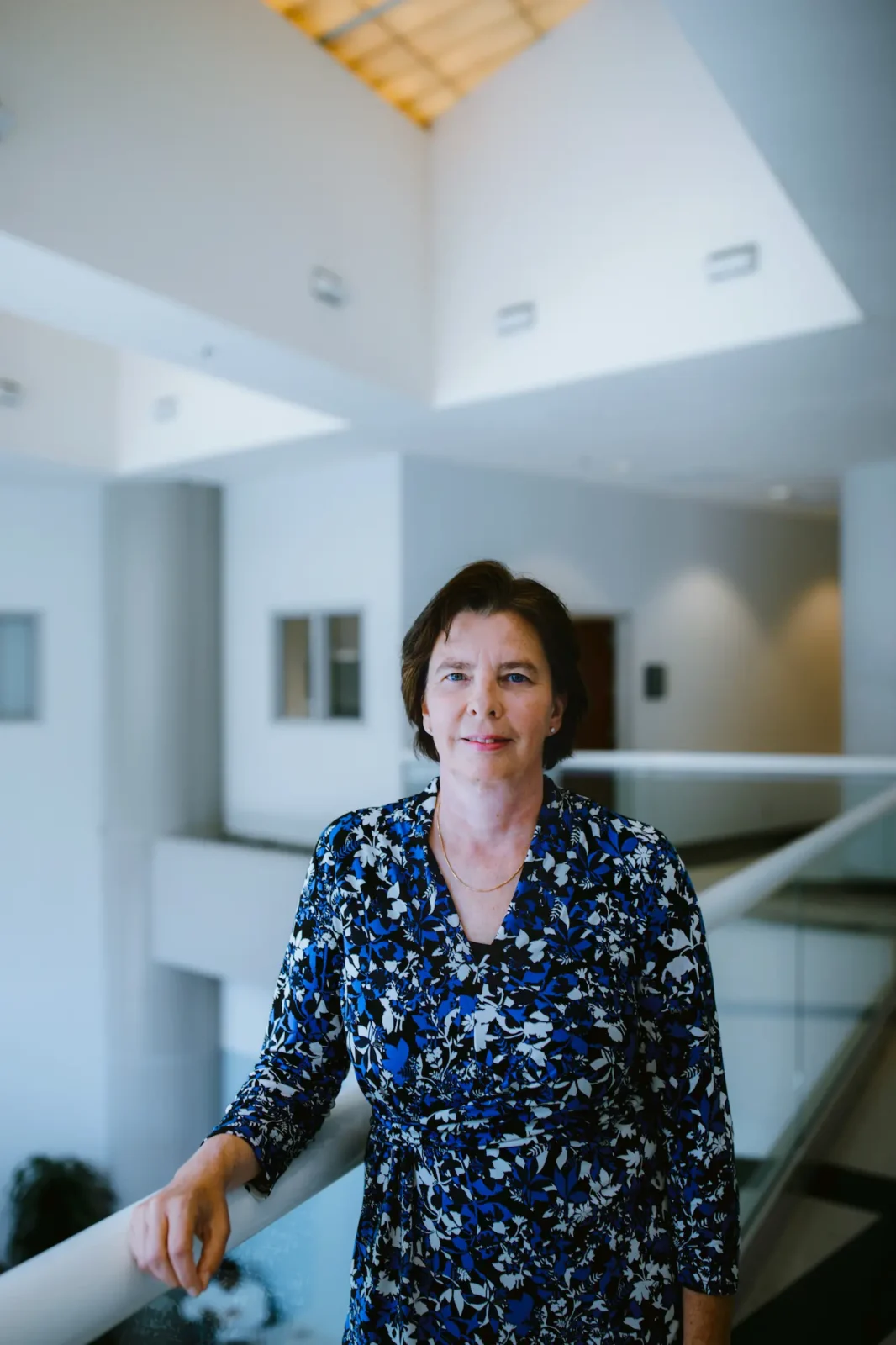
Kristiina Vuori MD PhD
Pauline and Stanley Foster Distinguished Chair
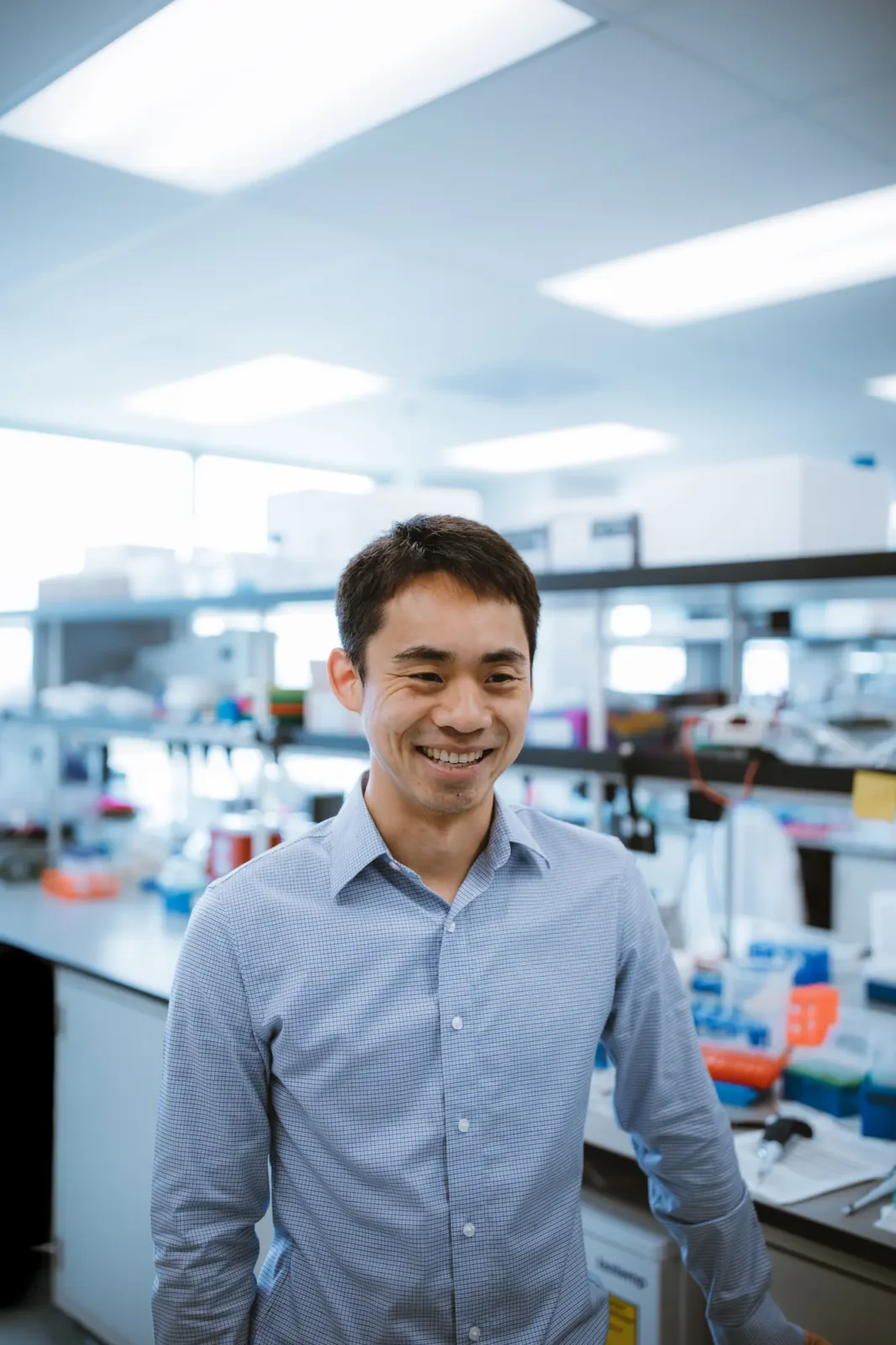
Eric Wang PhD
Full Bio
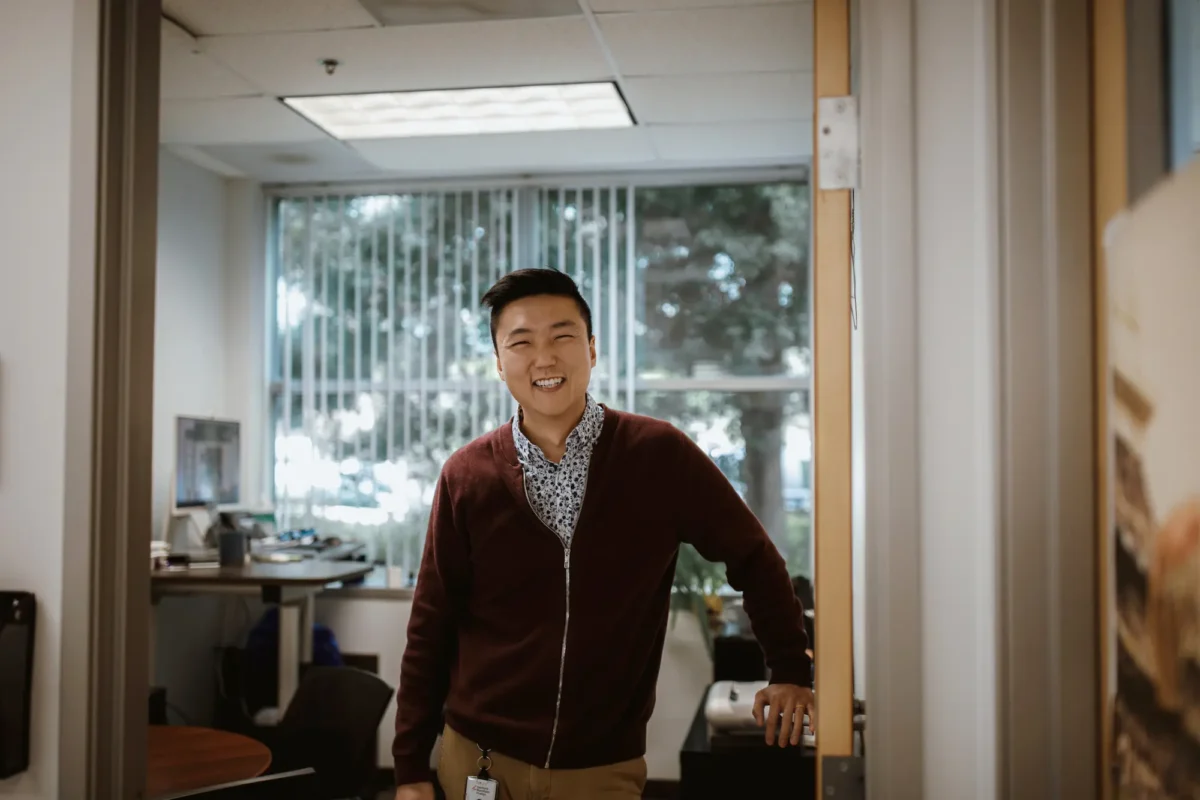
Yu Xin (Will) Wang PhD
Full Bio
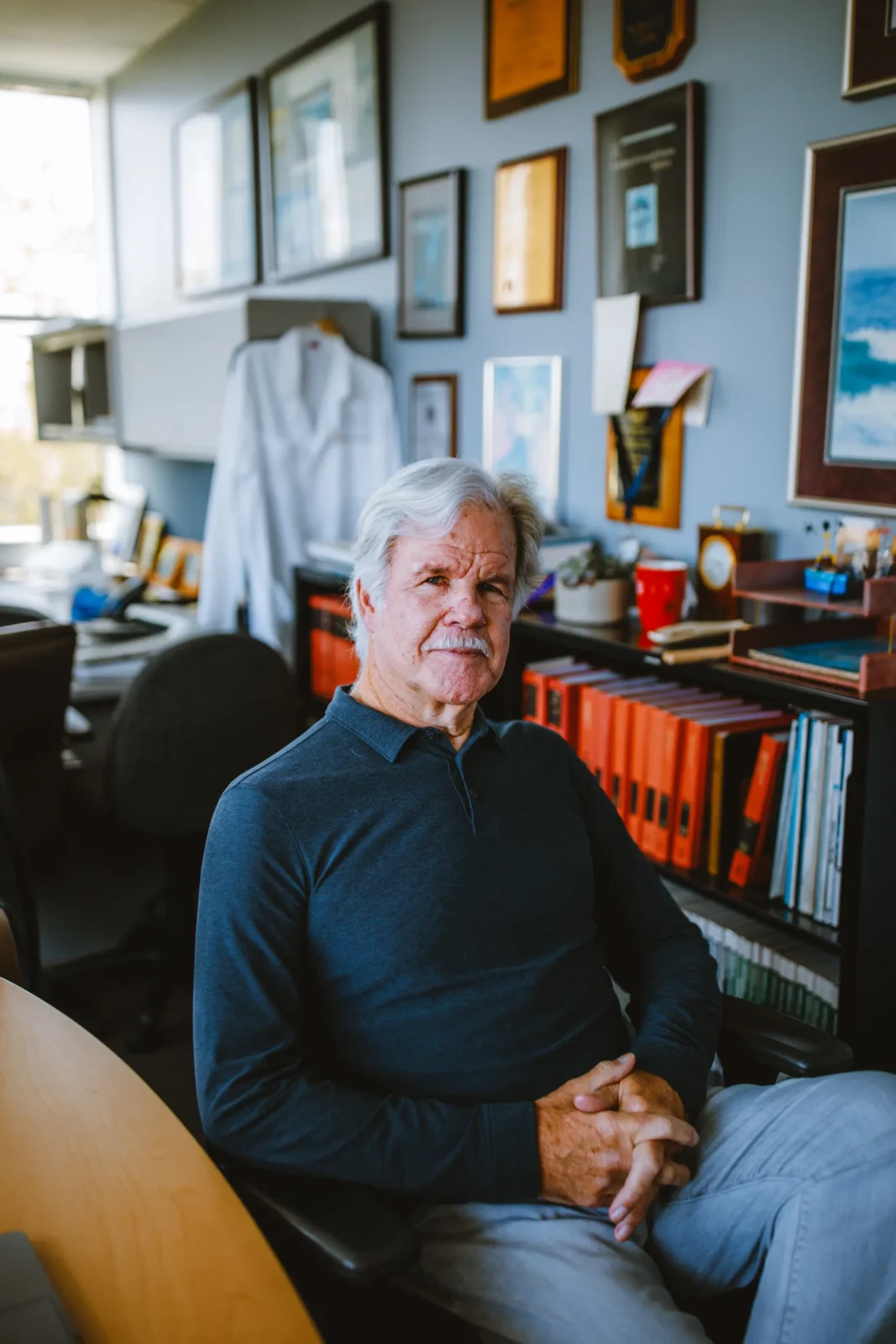
Carl F. Ware PhD
Director, Laboratory of Molecular Immunology
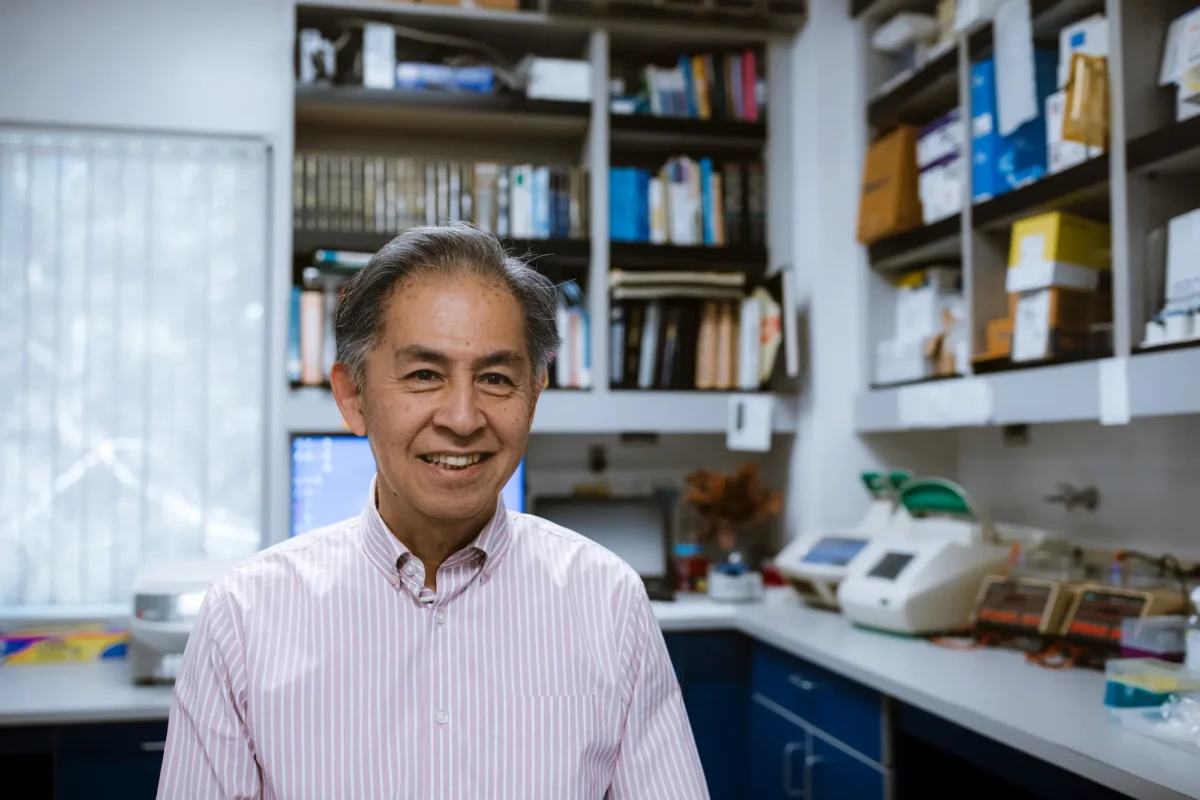
Yu Yamaguchi MD PhD
Full Bio
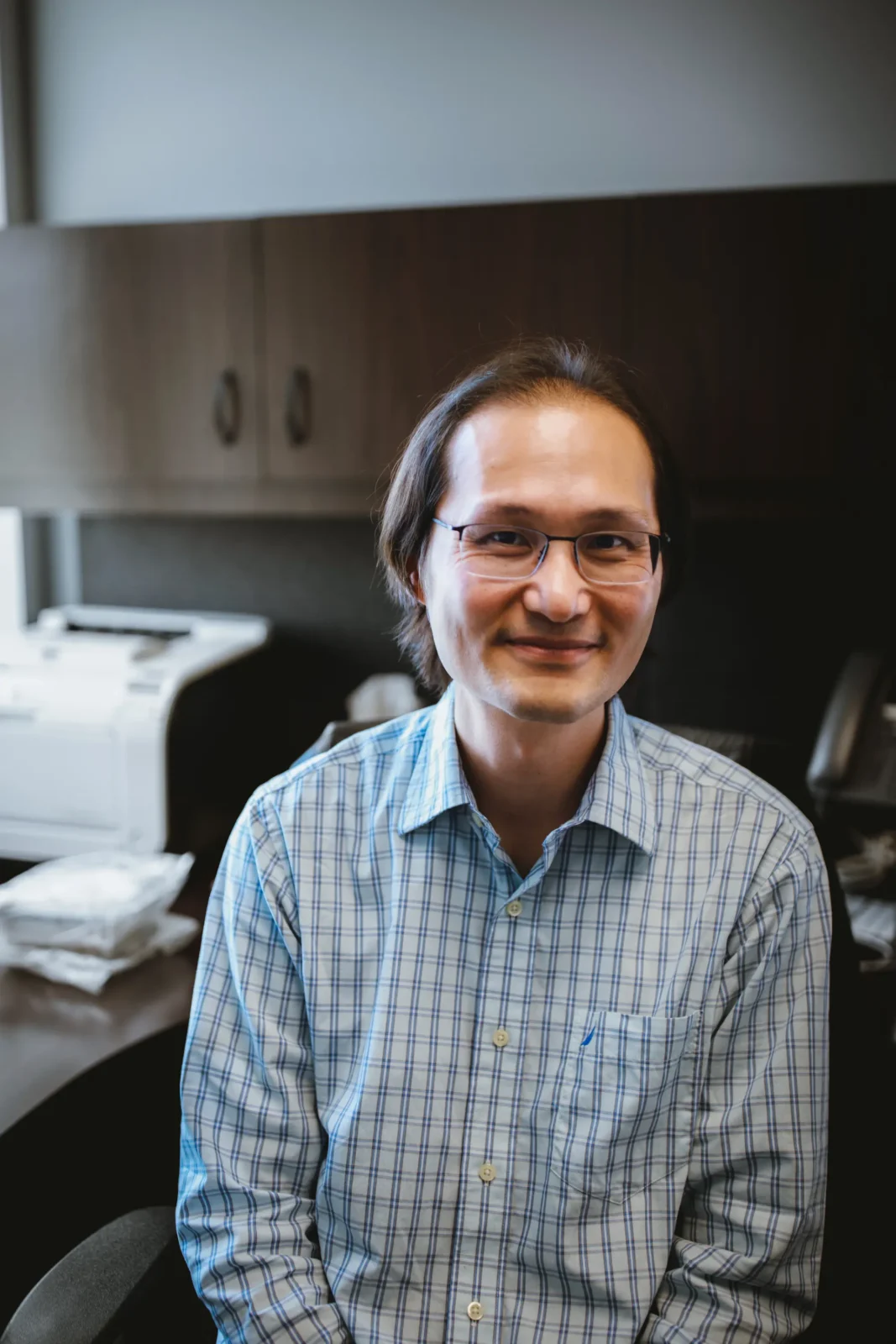
Yuk-Lap (Kevin) Yip PhD
Interim DirectorCenter for Data Sciences
DirectorBioinformatics
Associate Director, Training and EducationNCI-Designated Cancer Center
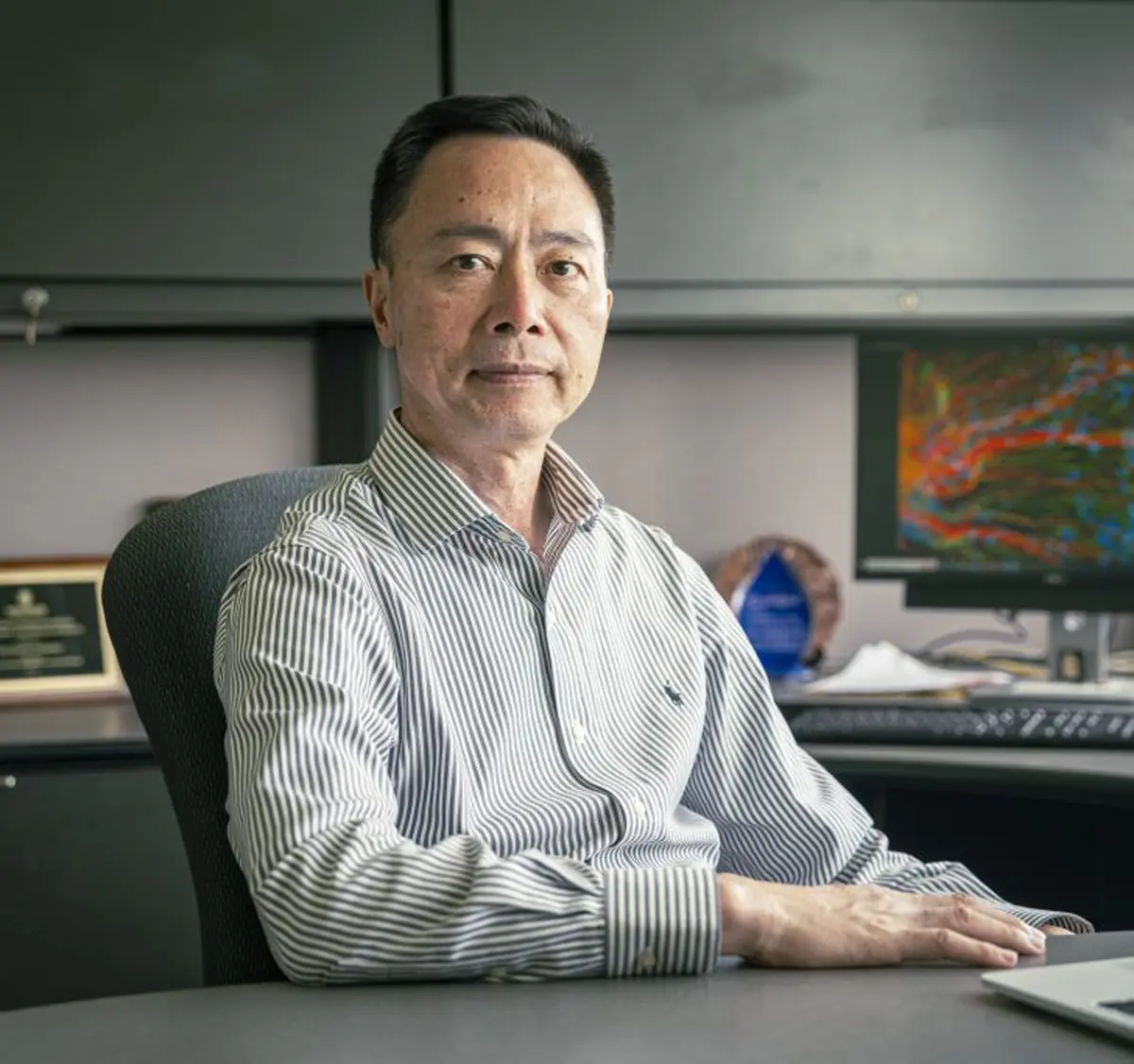
Su-Chun Zhang MD, PhD
Jeanne and Gary Herberger Leadership Chair in Neuroscience
Director and ProfessorCenter for Neurologic Diseases
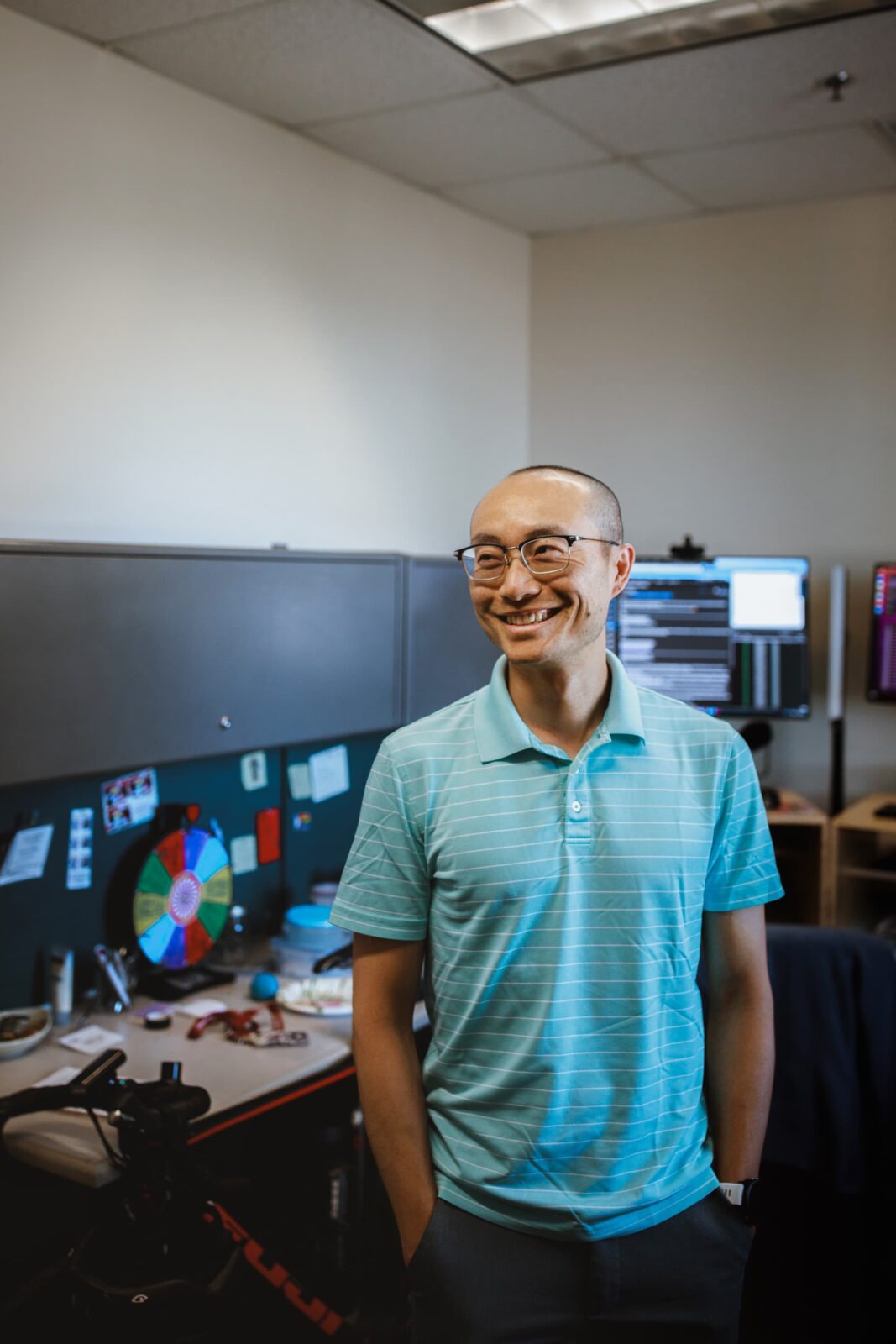
Jianhua Zhao PhD
Assistant ProfessorCancer Metabolism and Microenvironment Program
